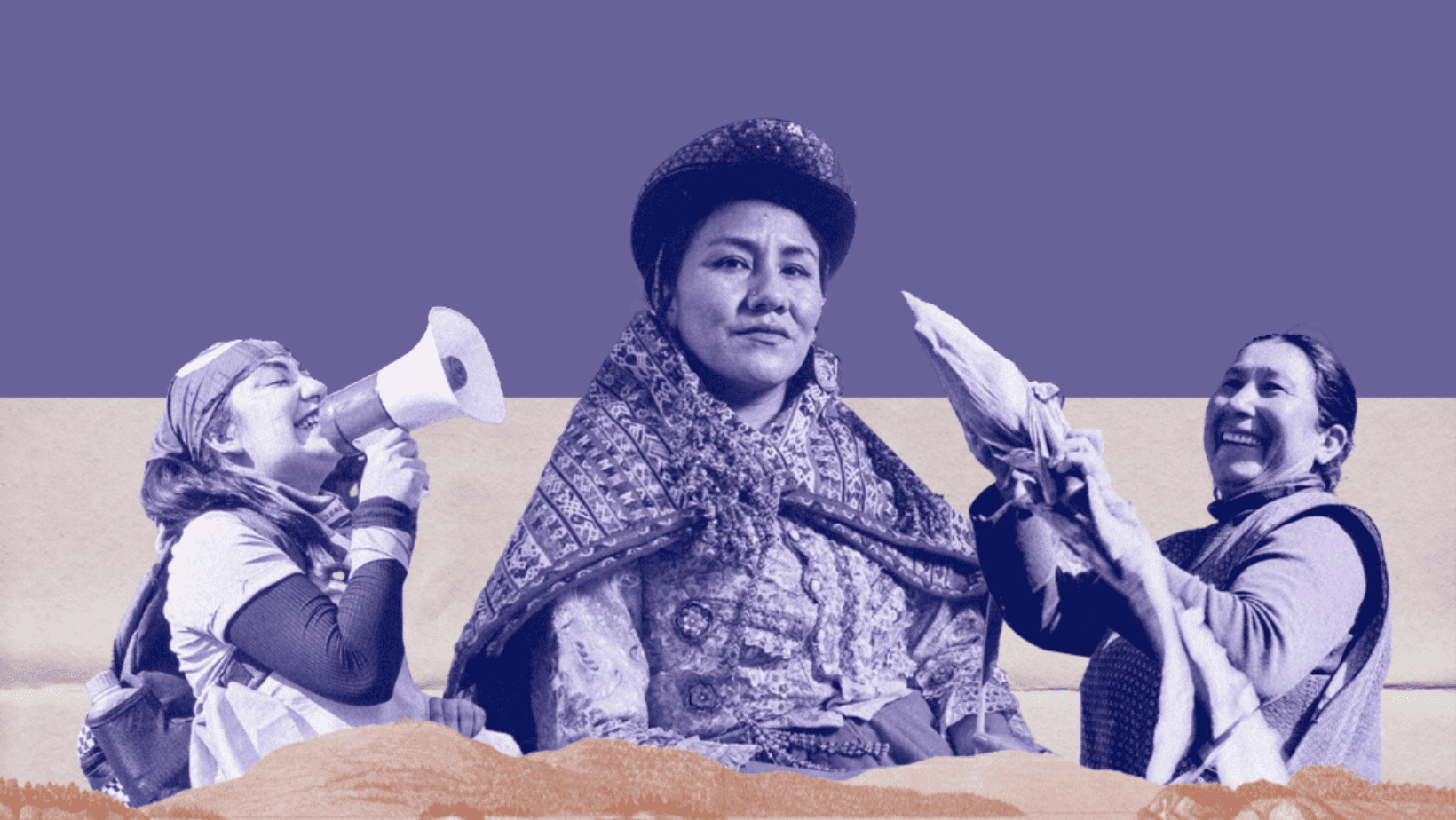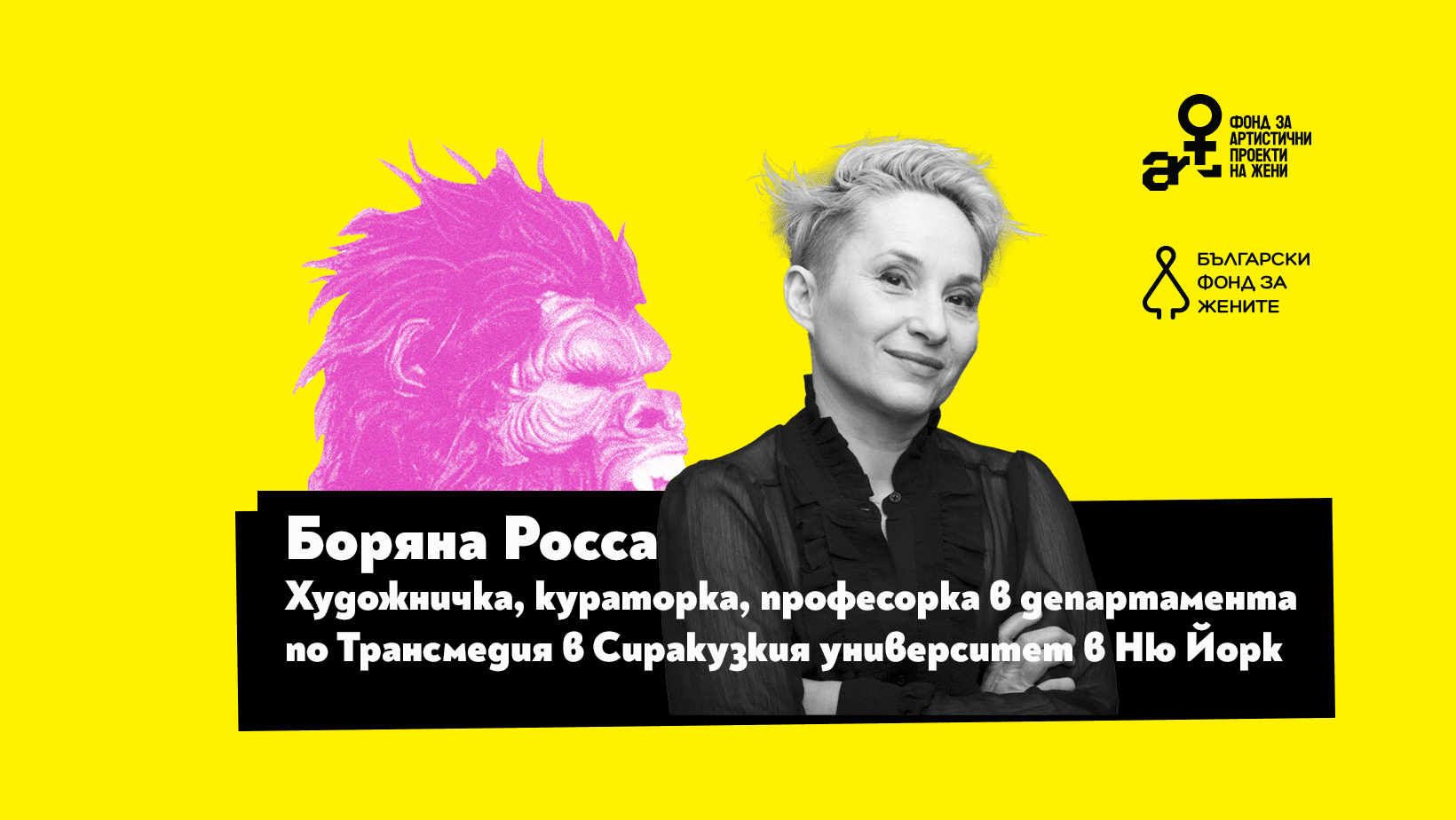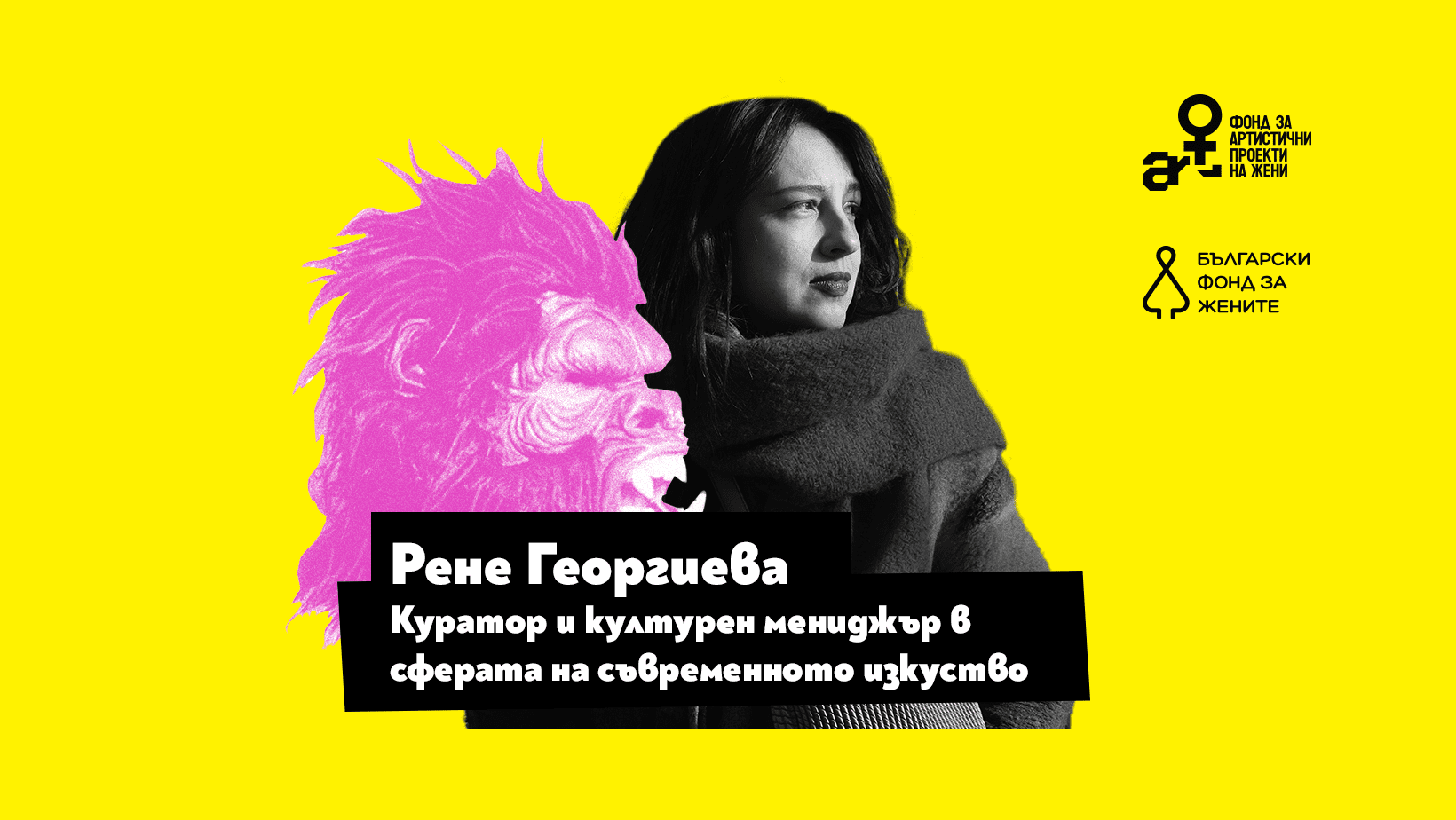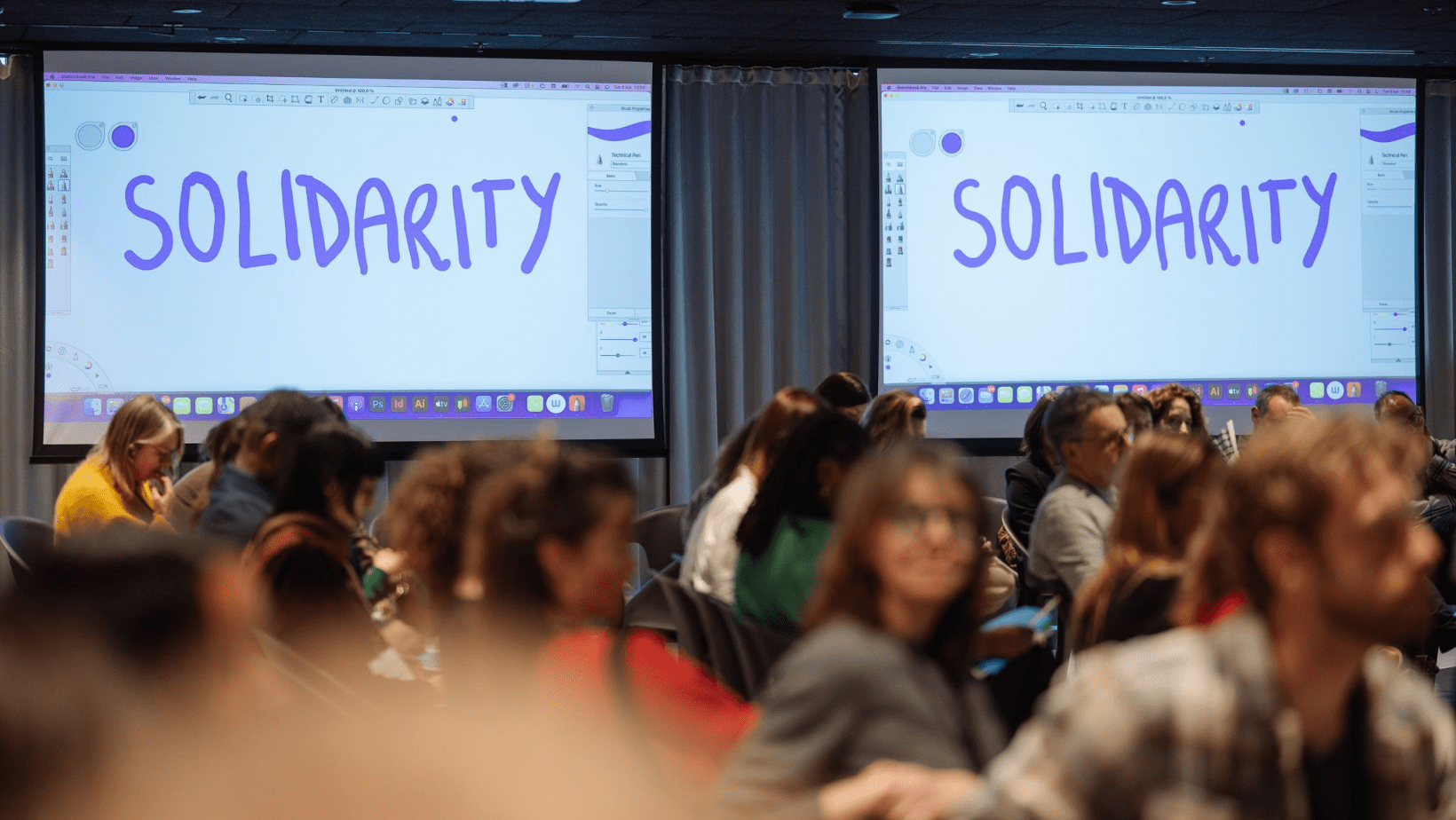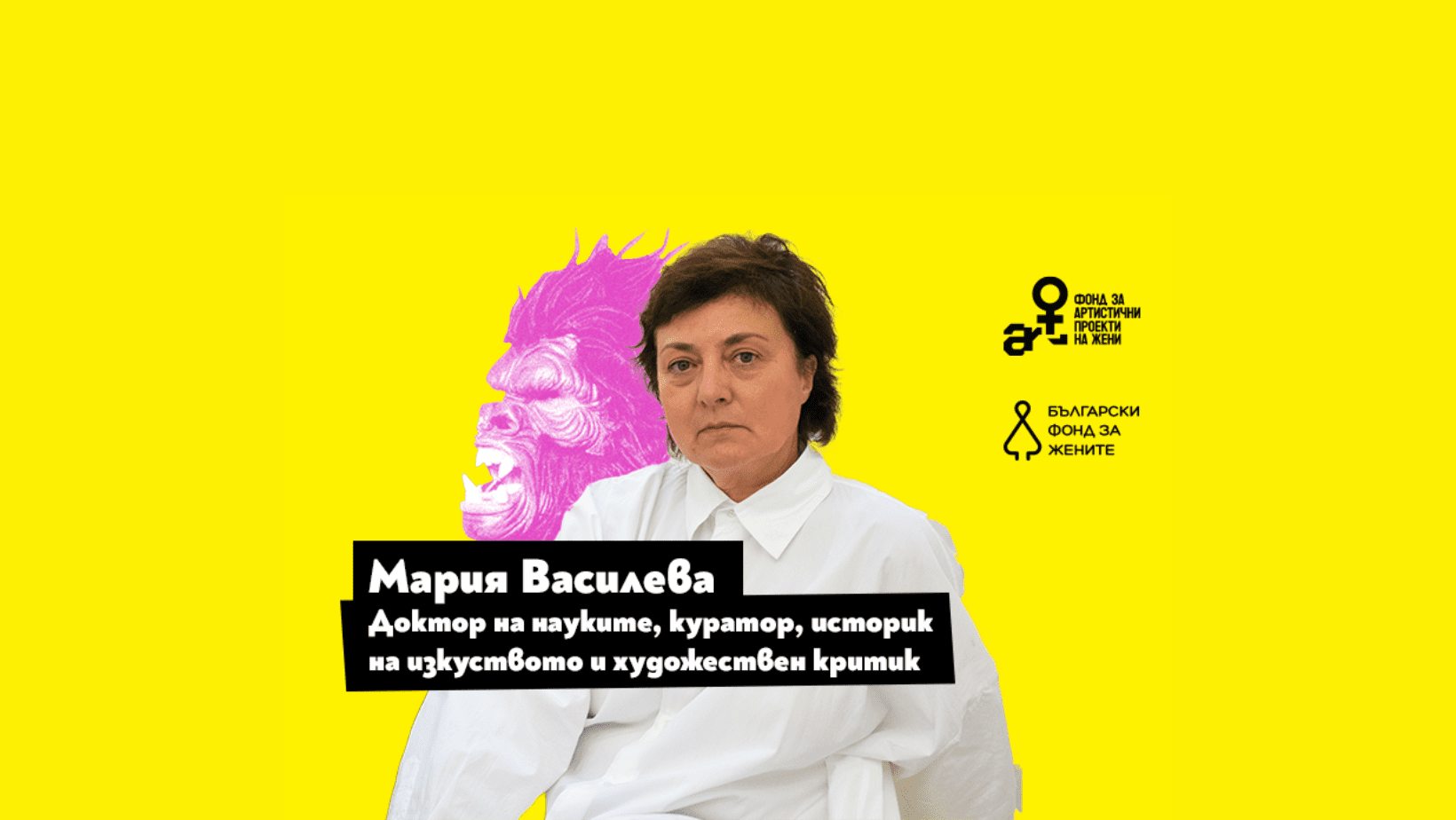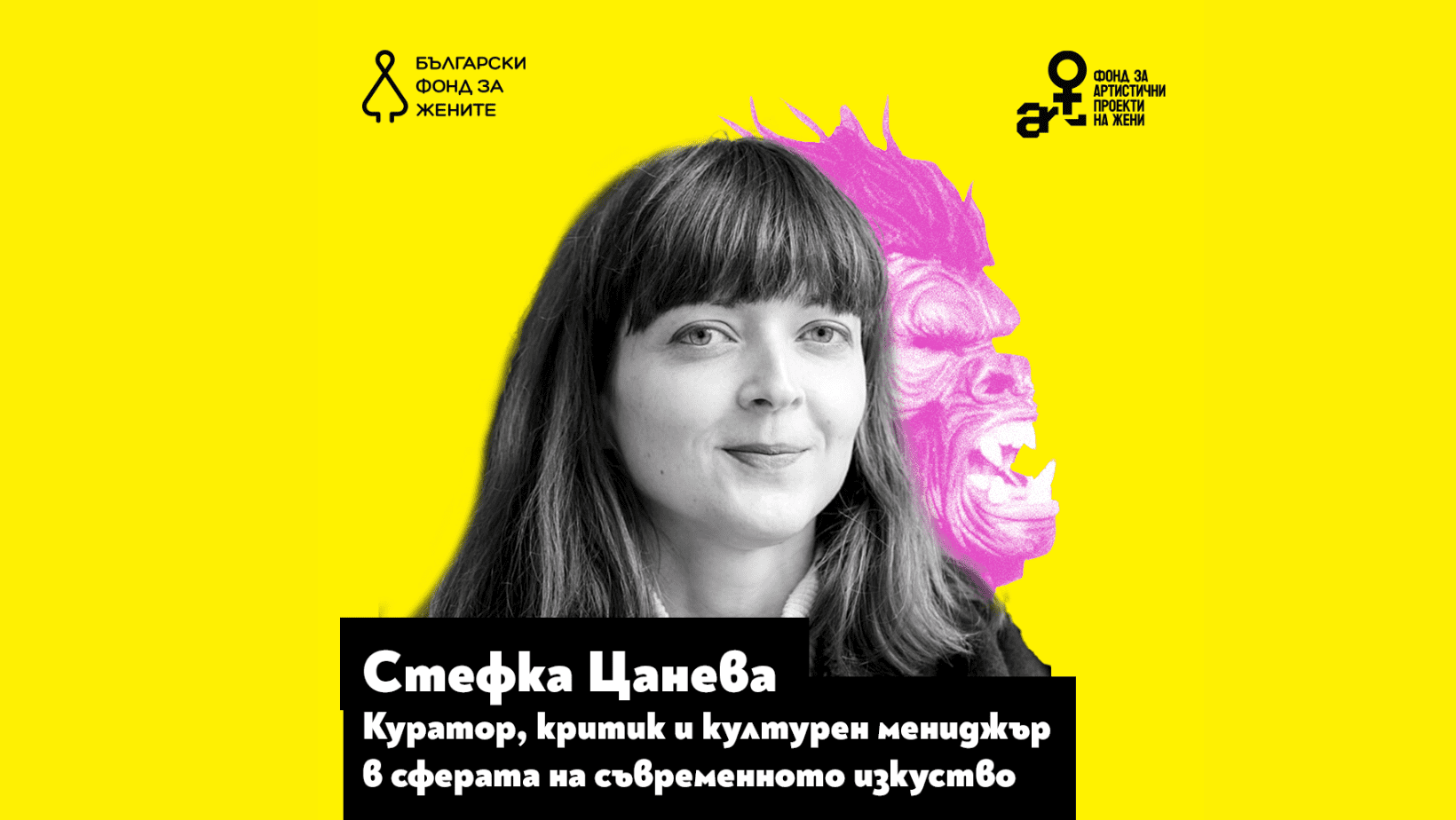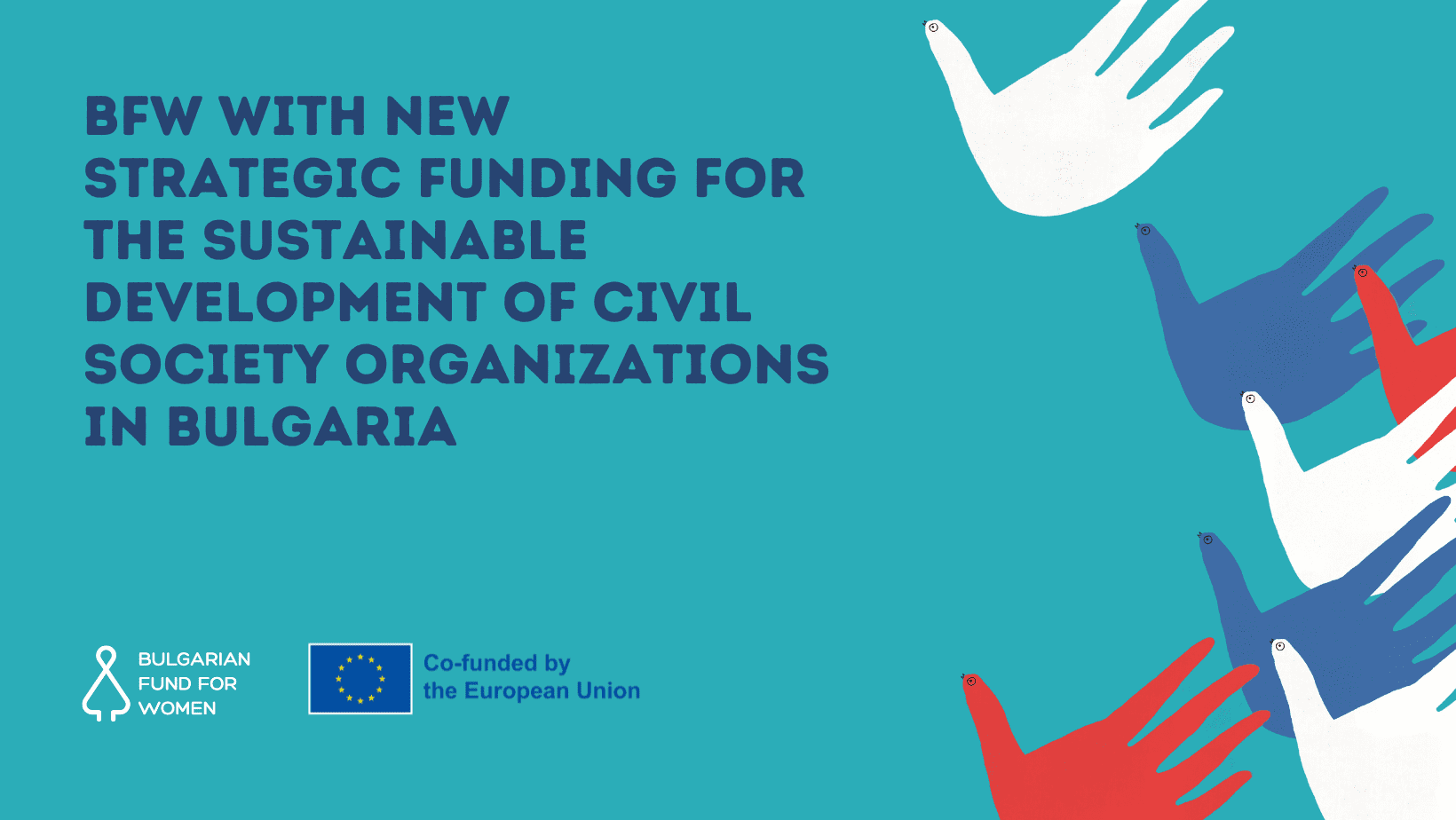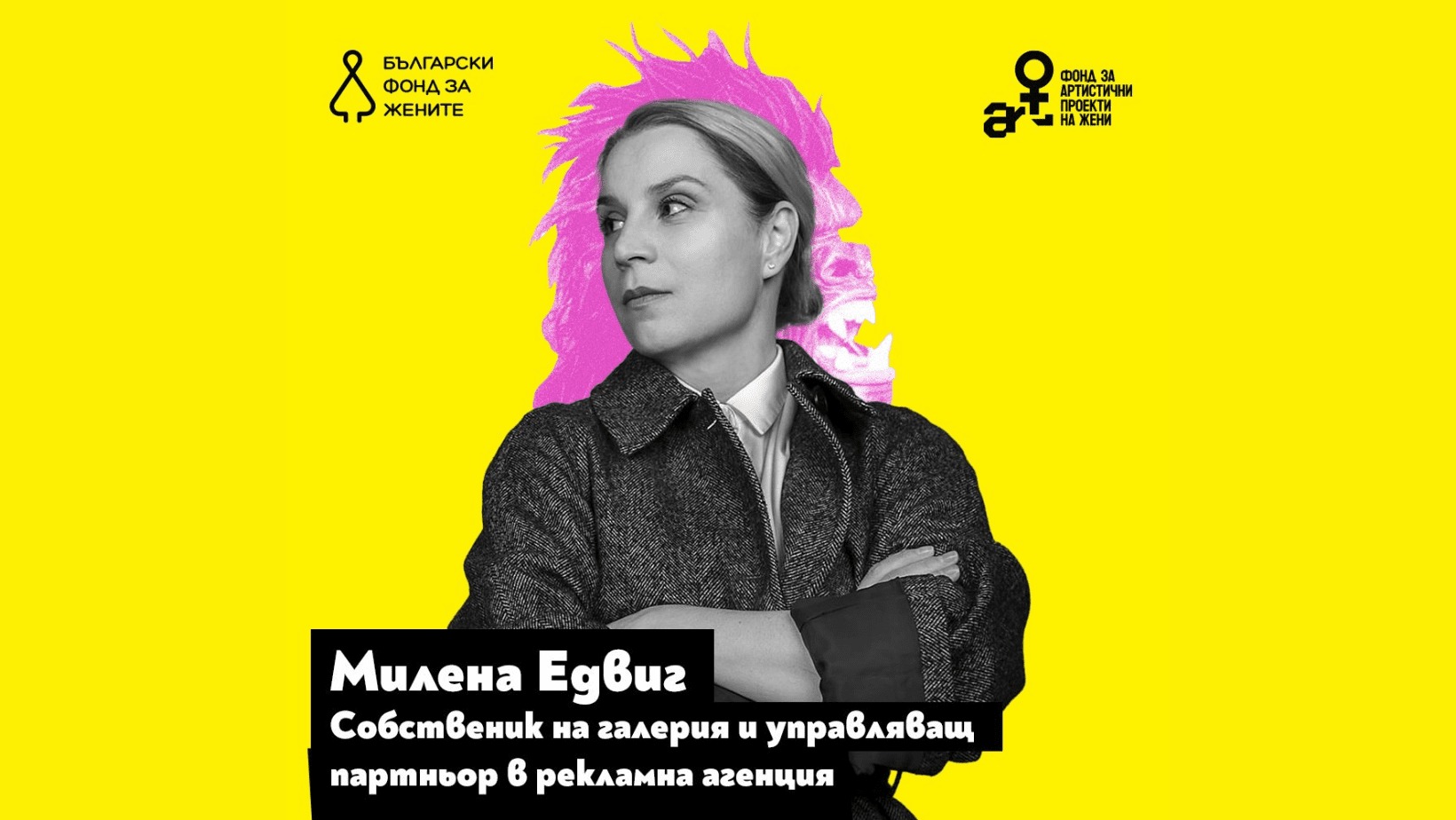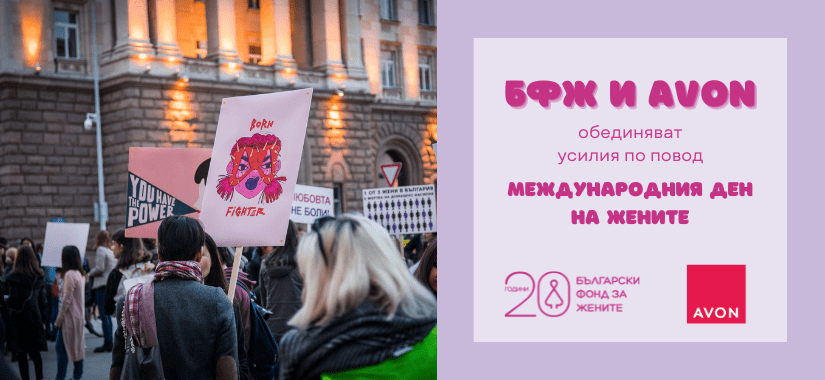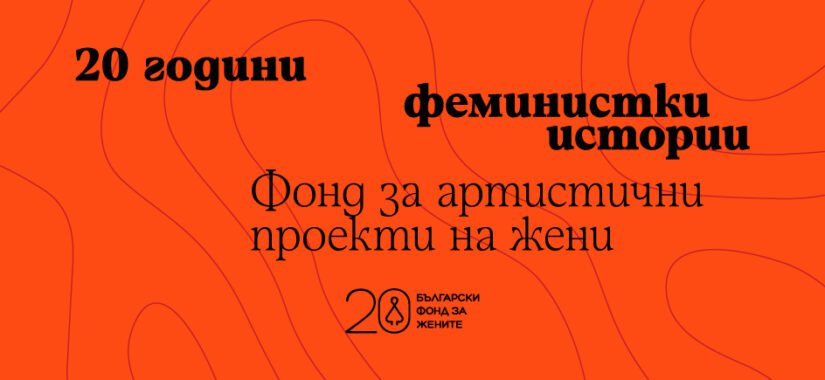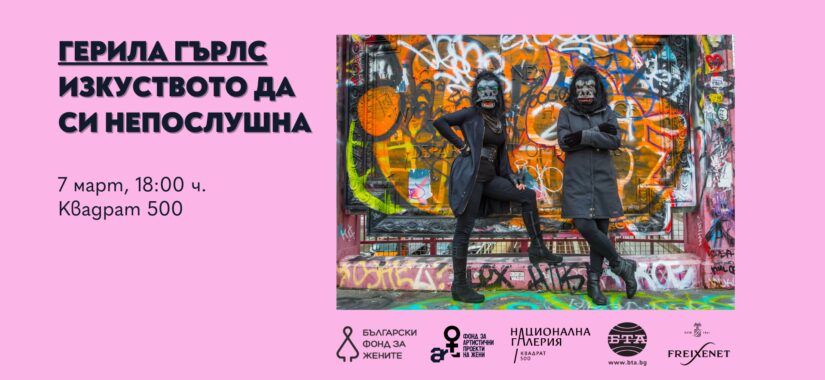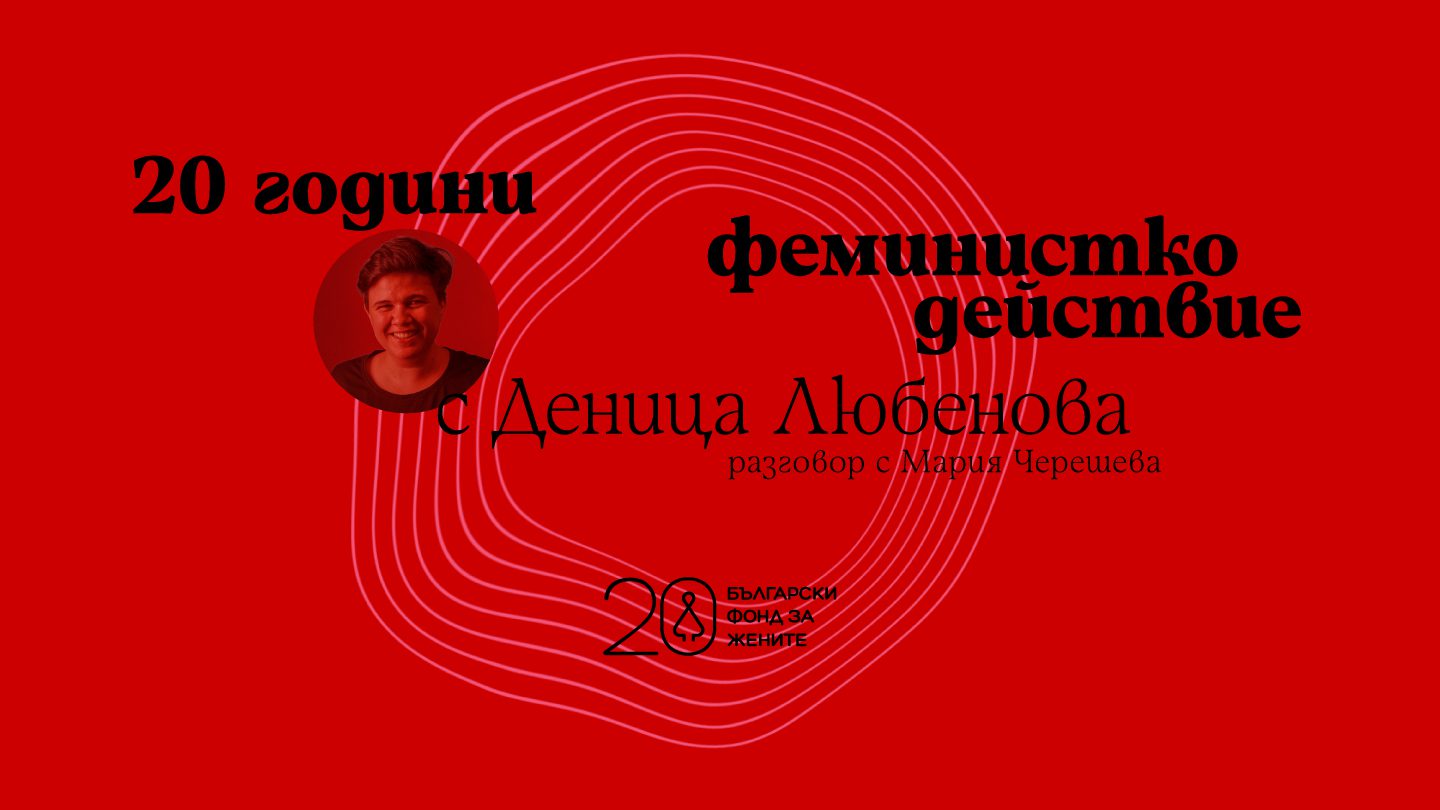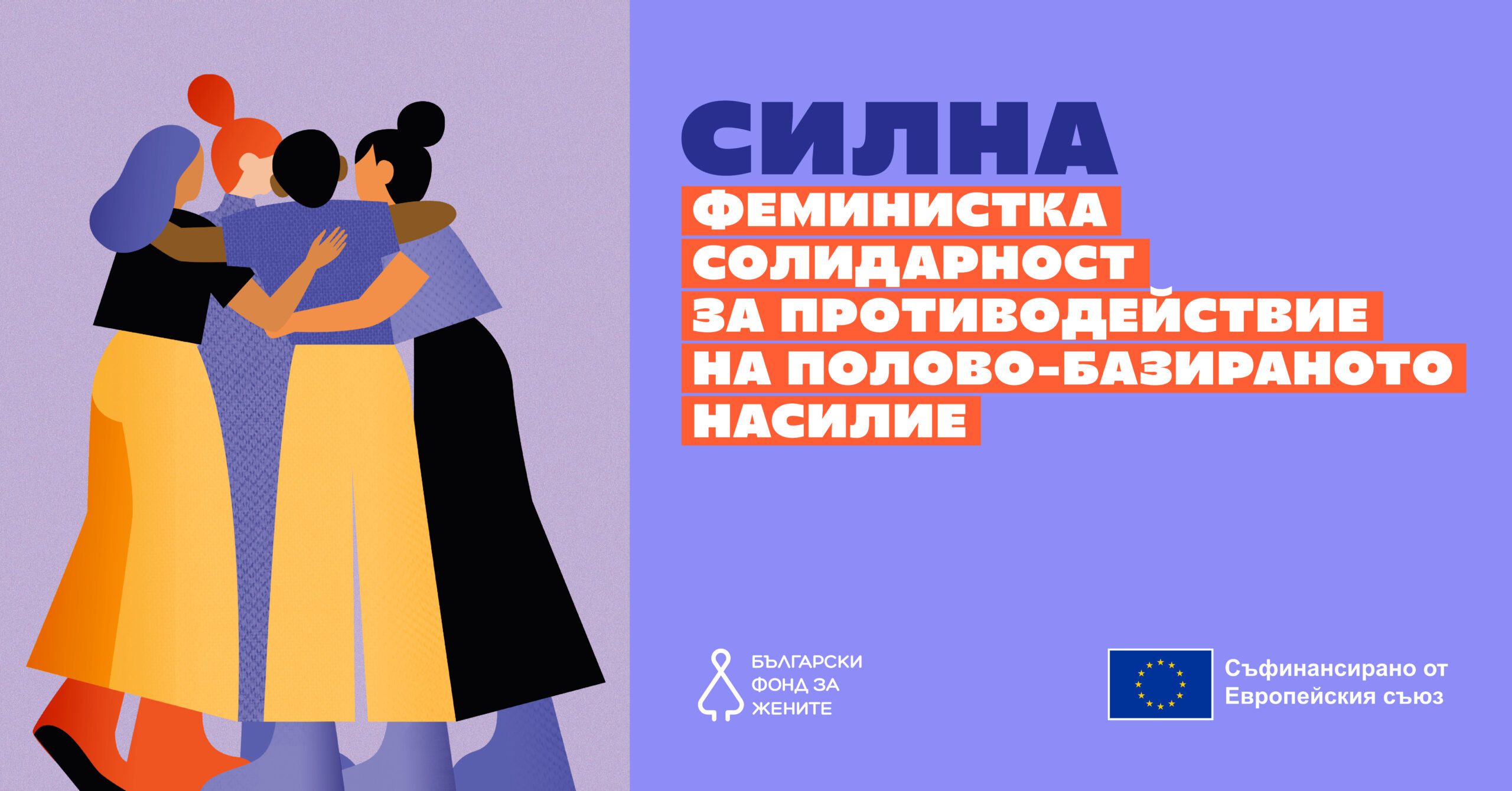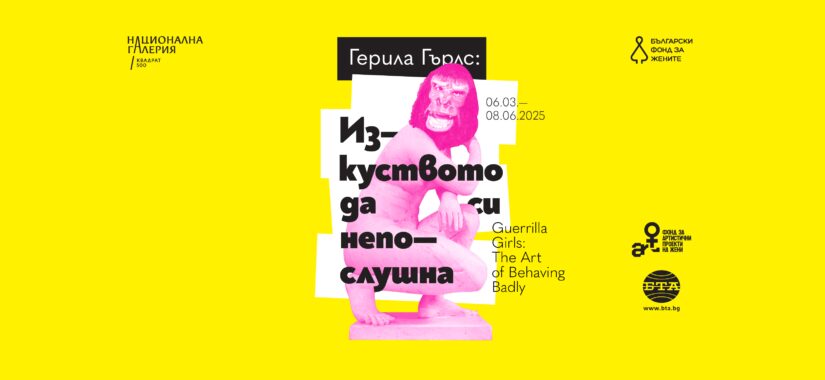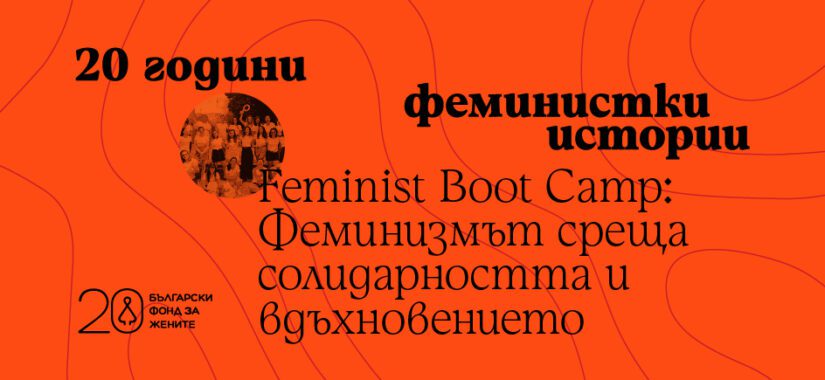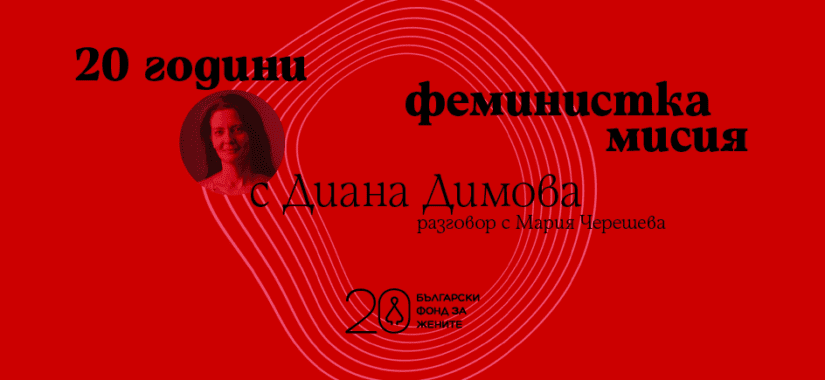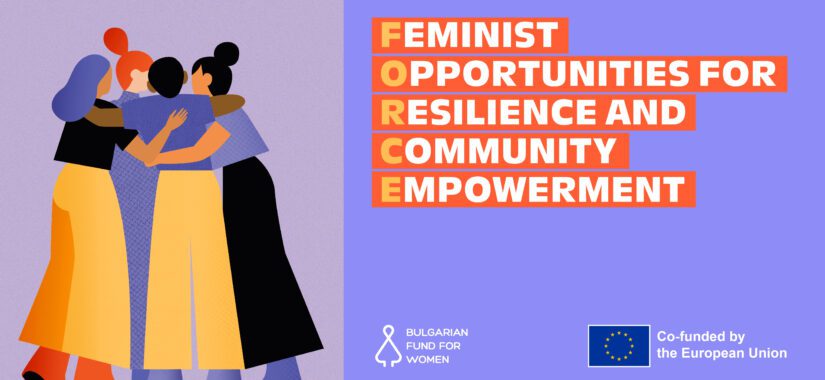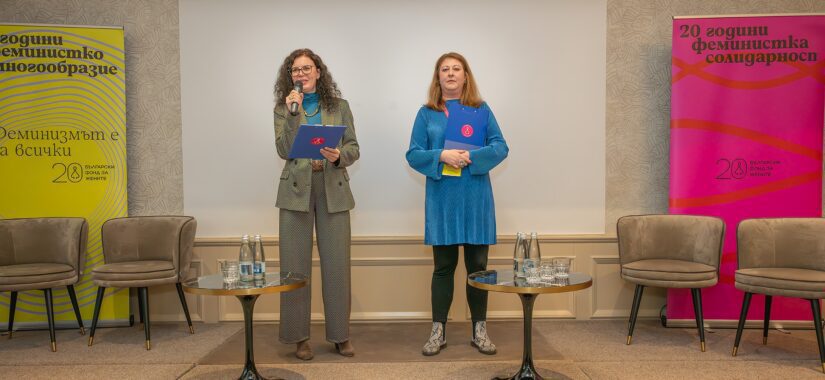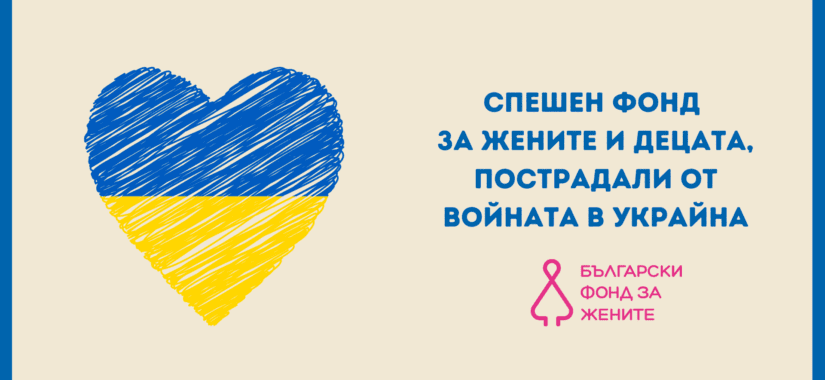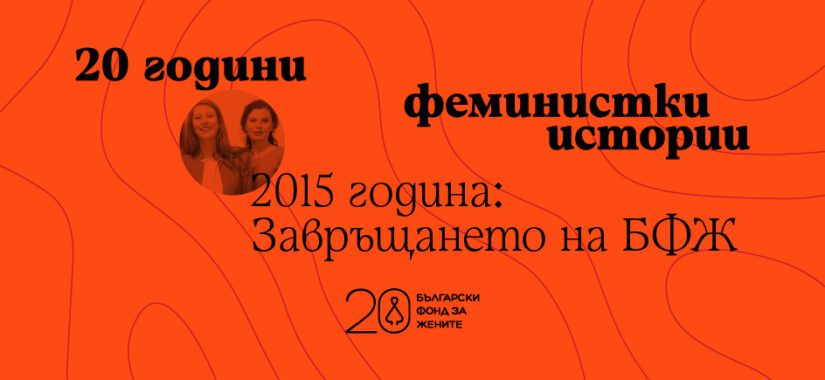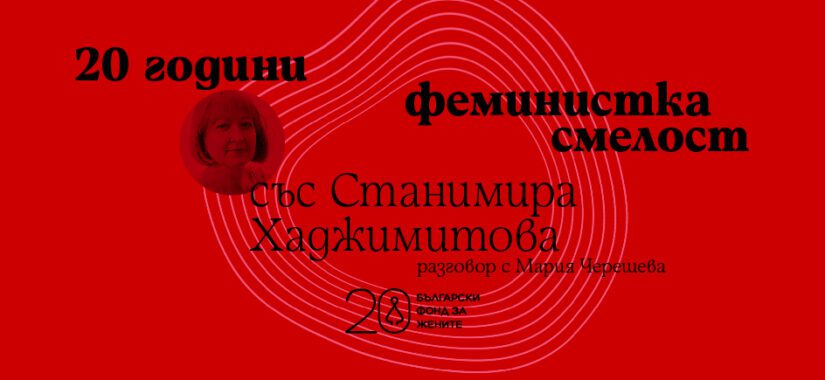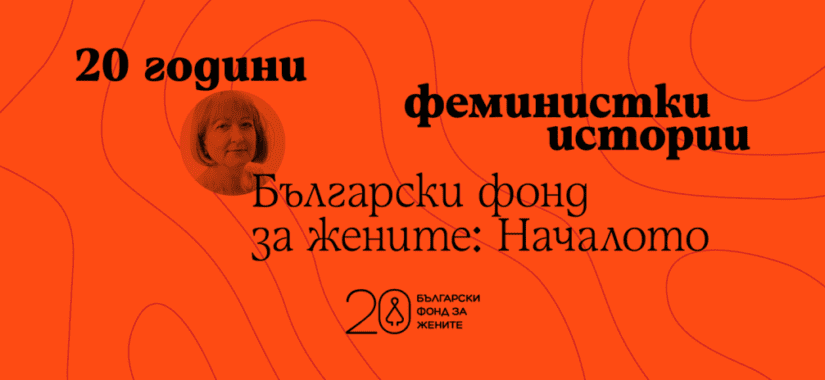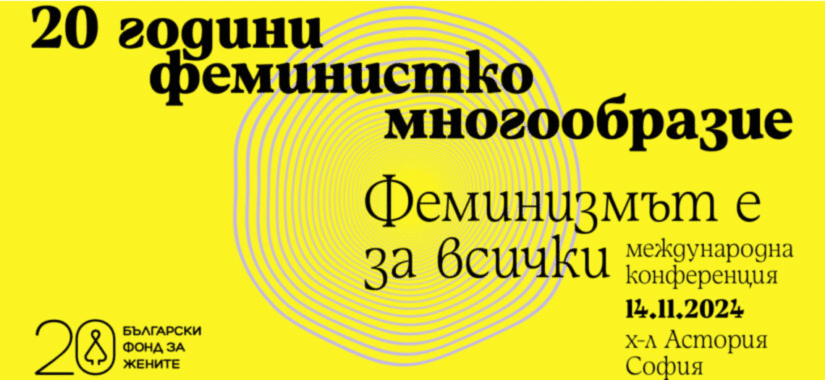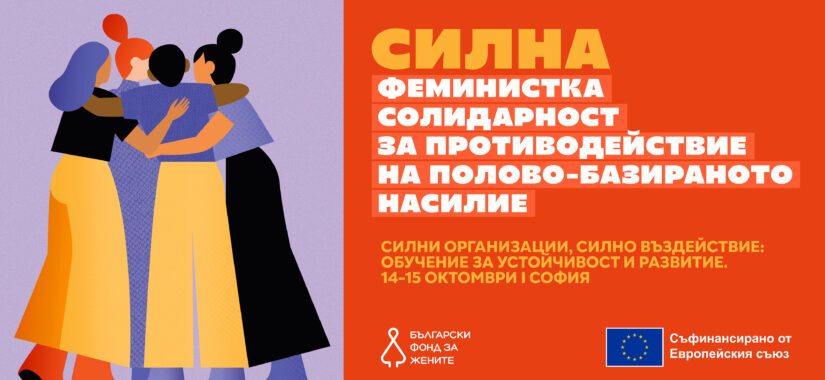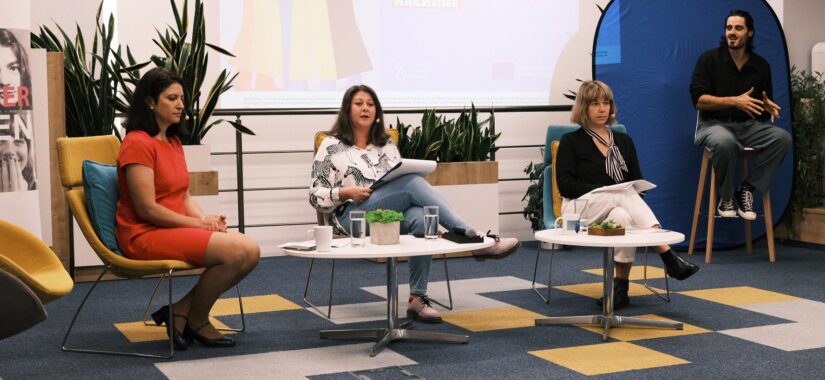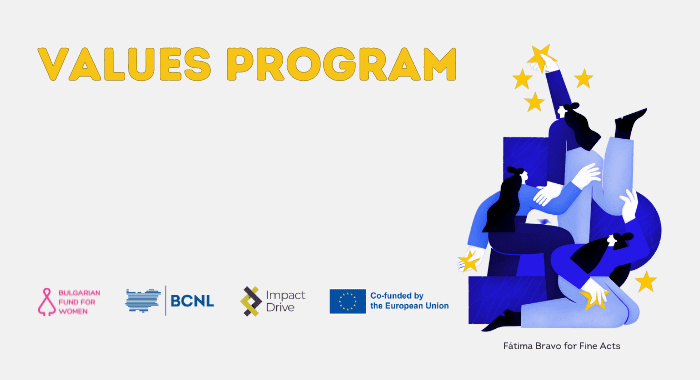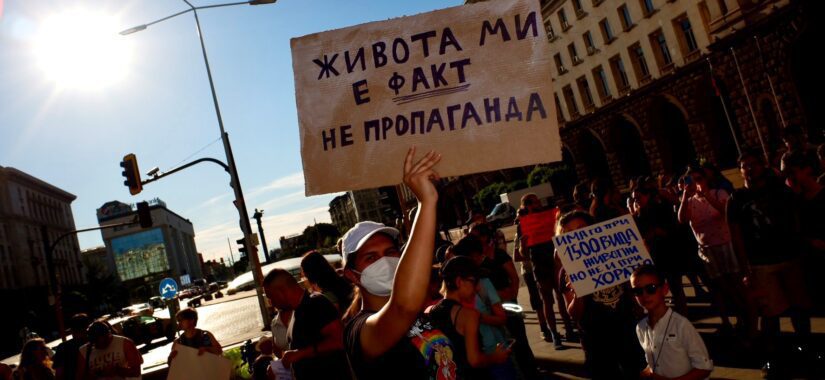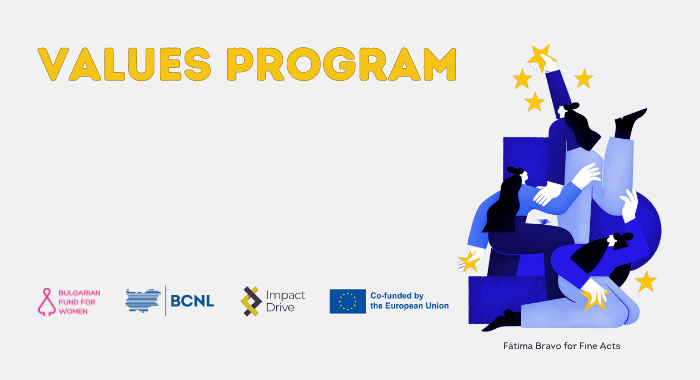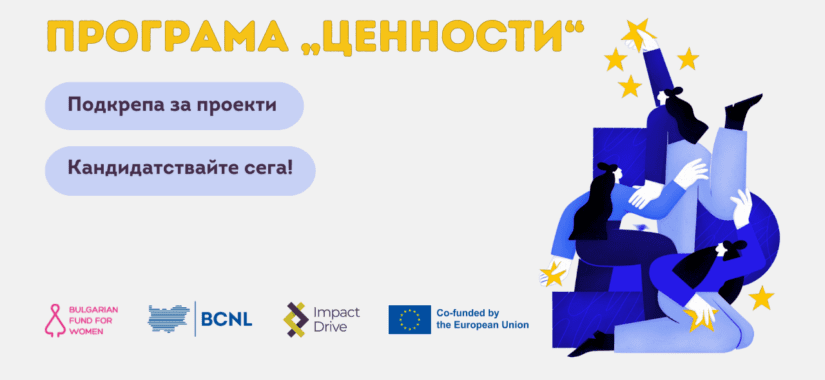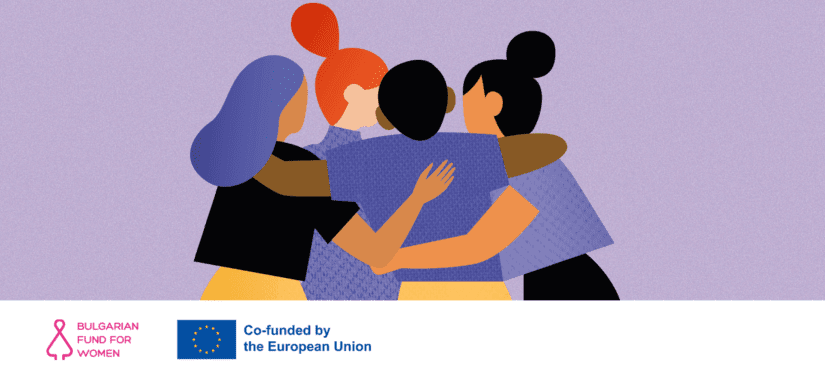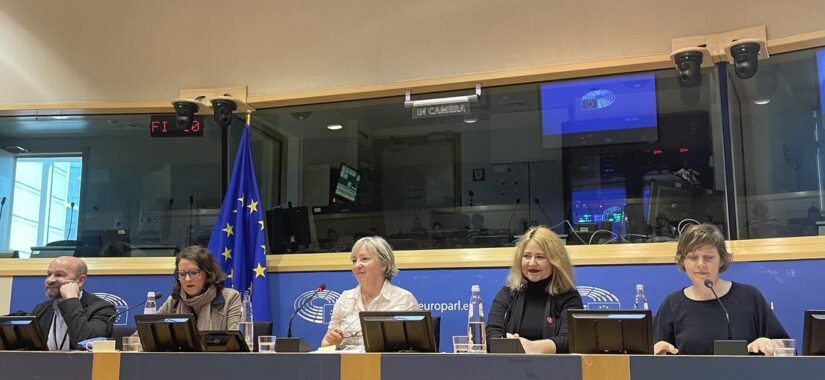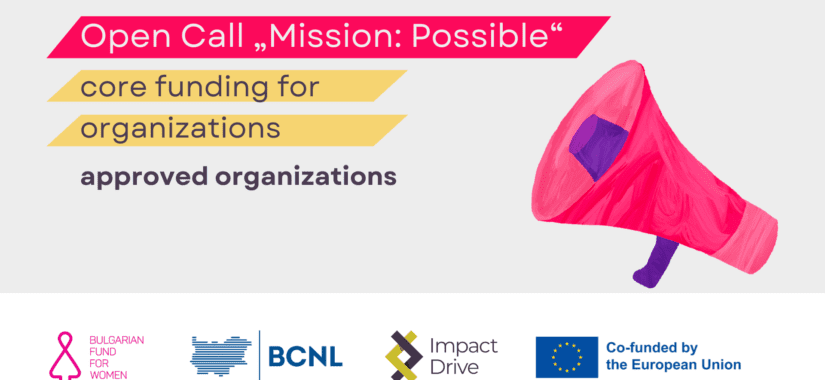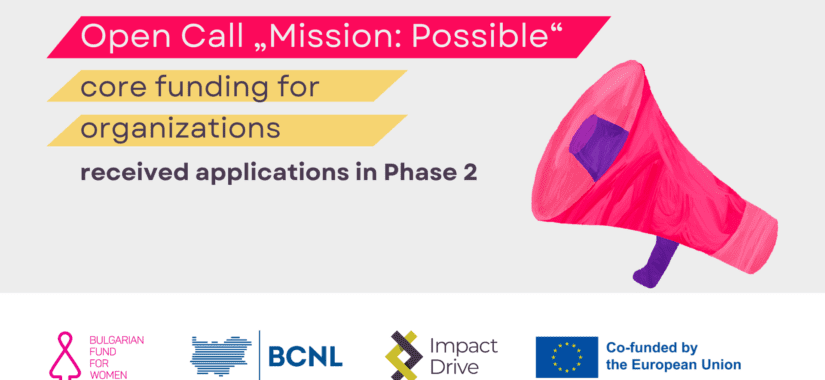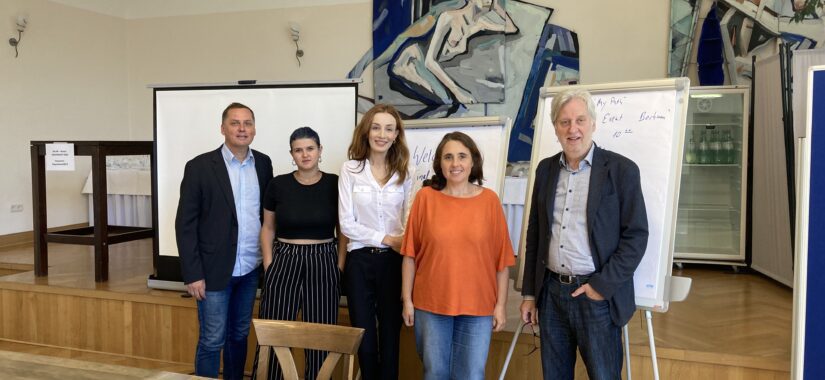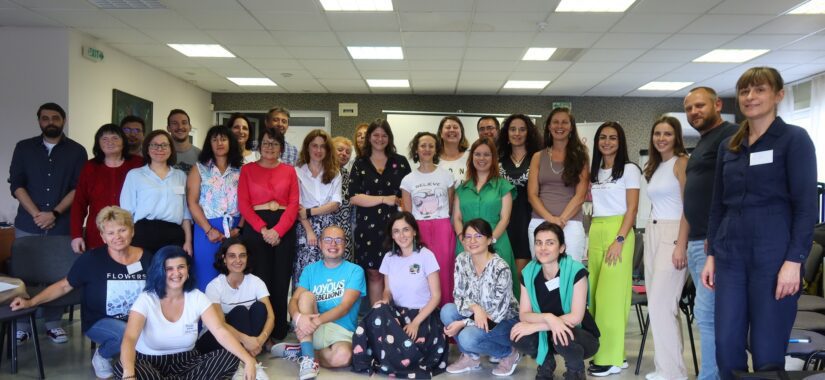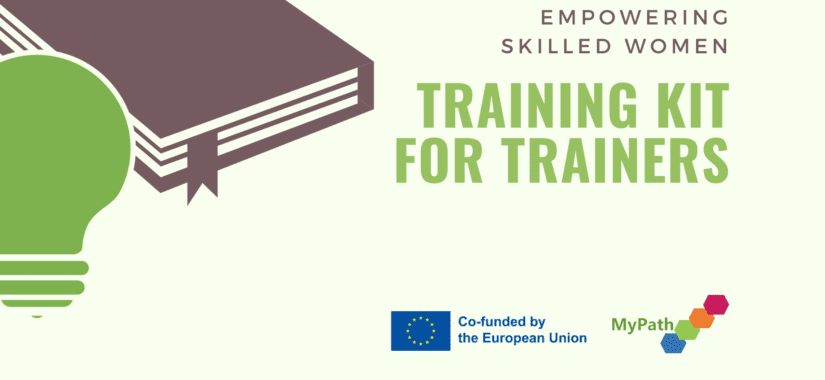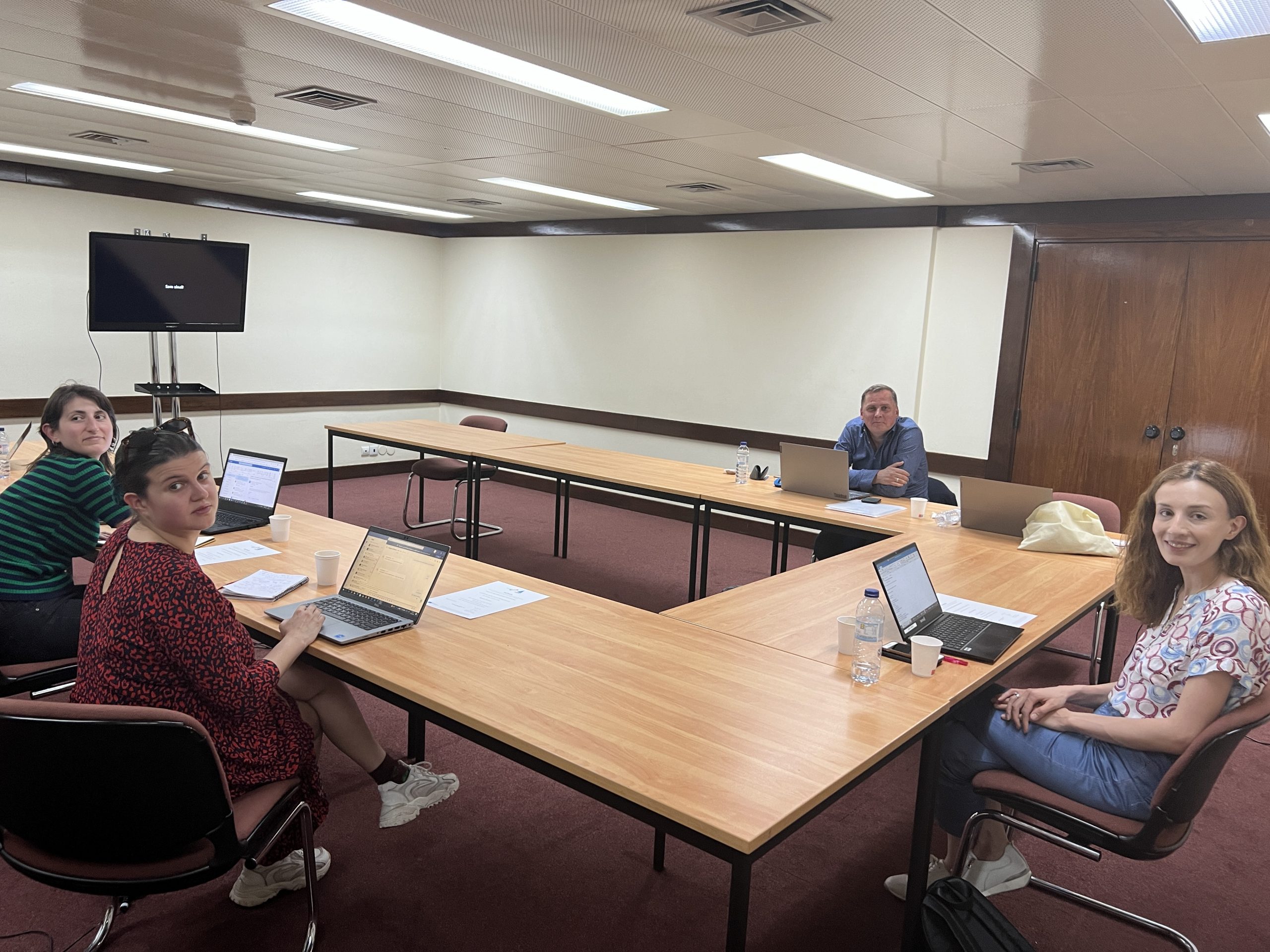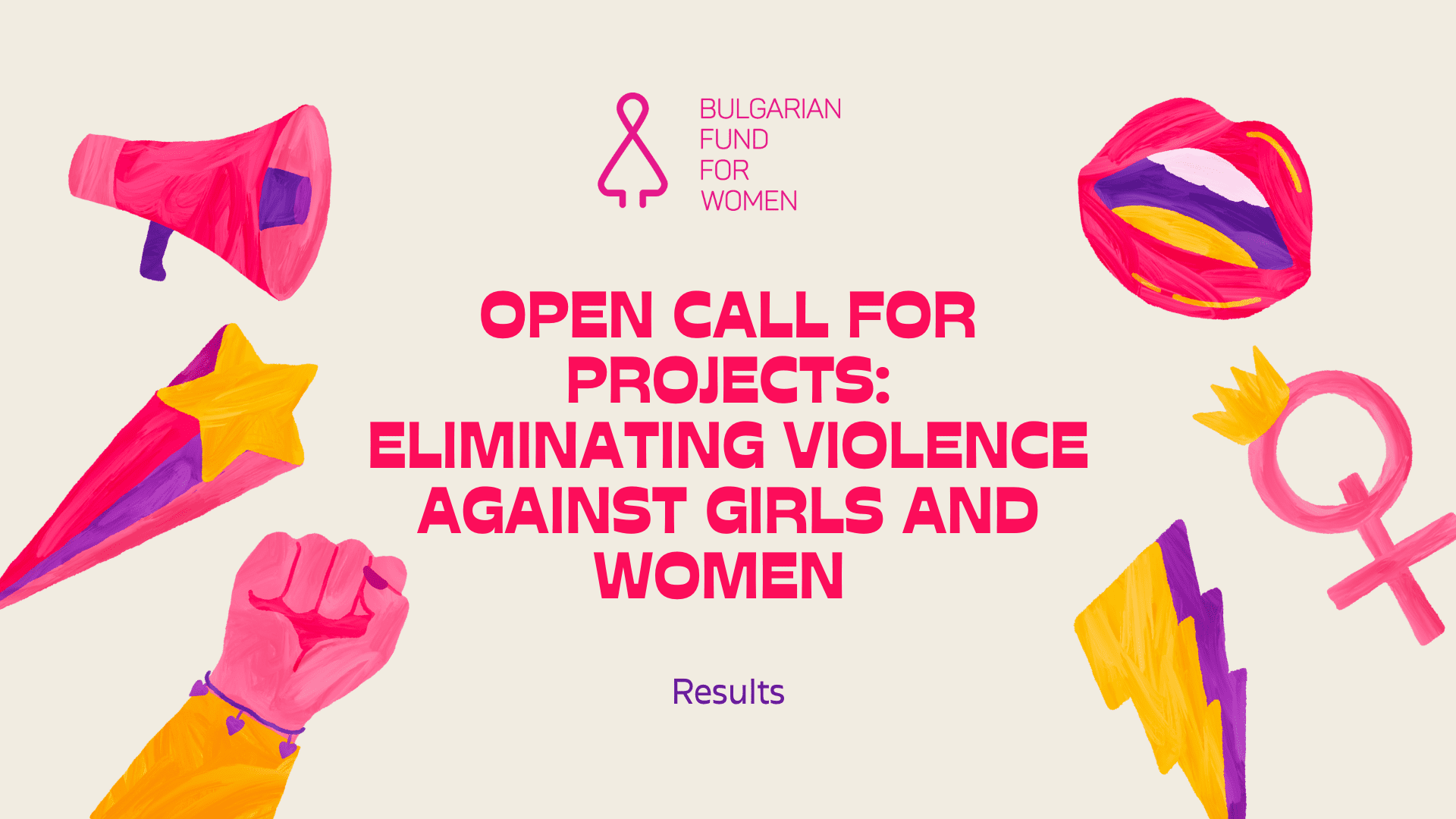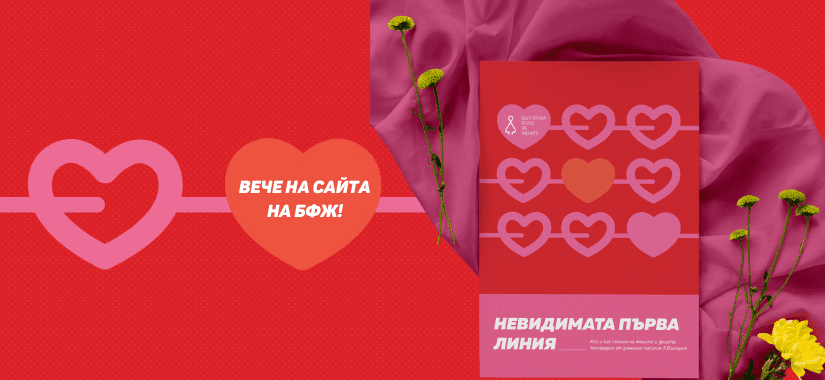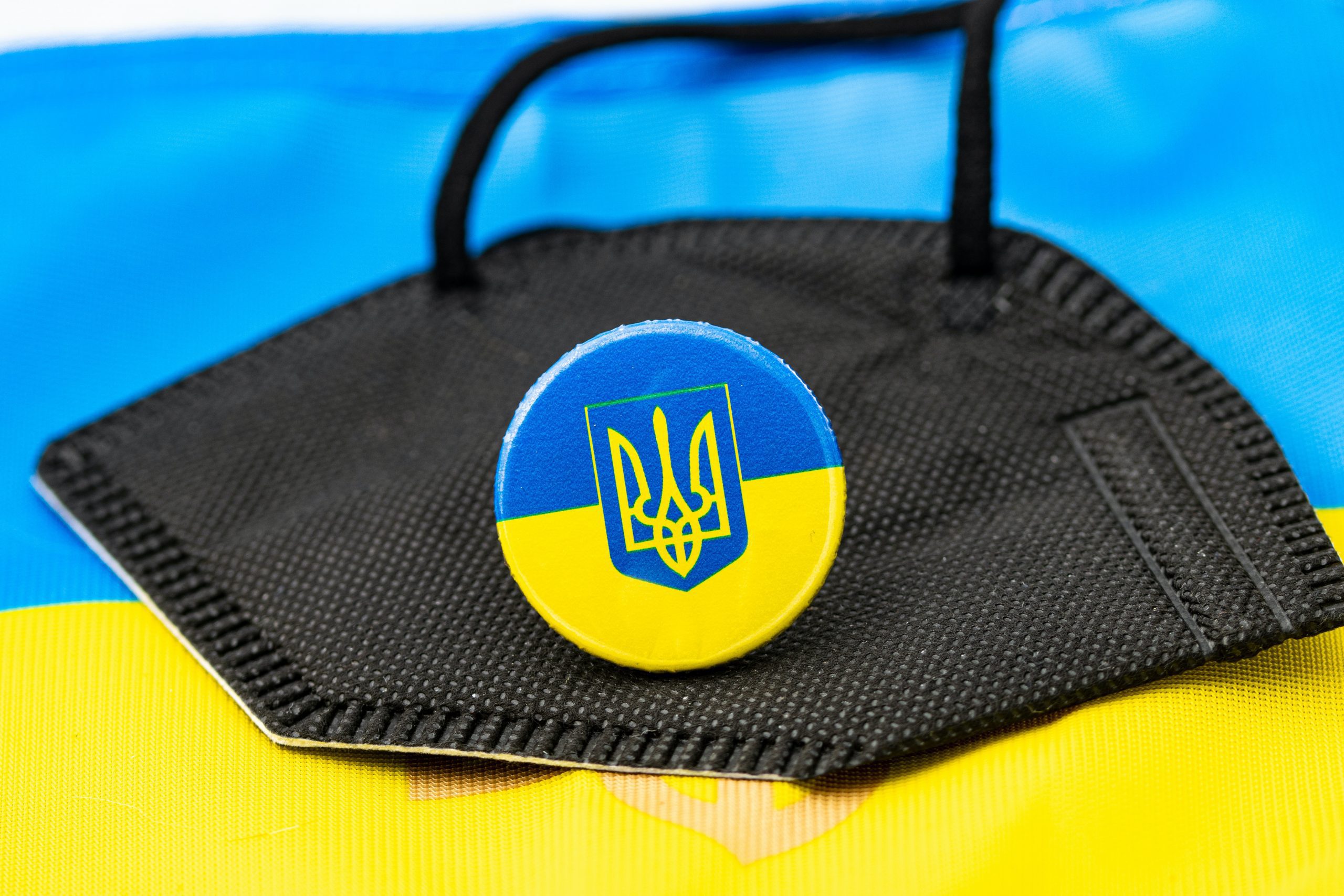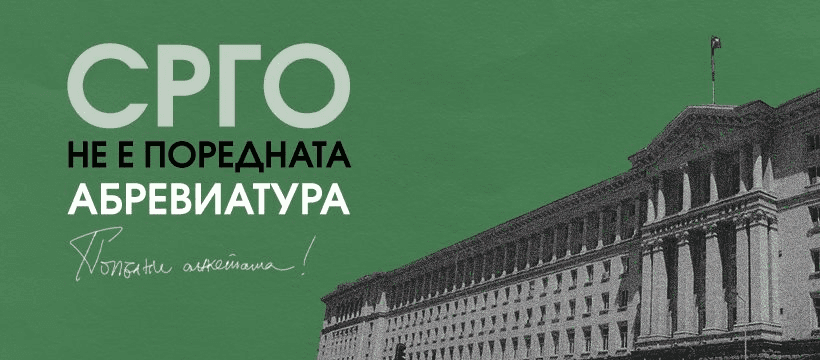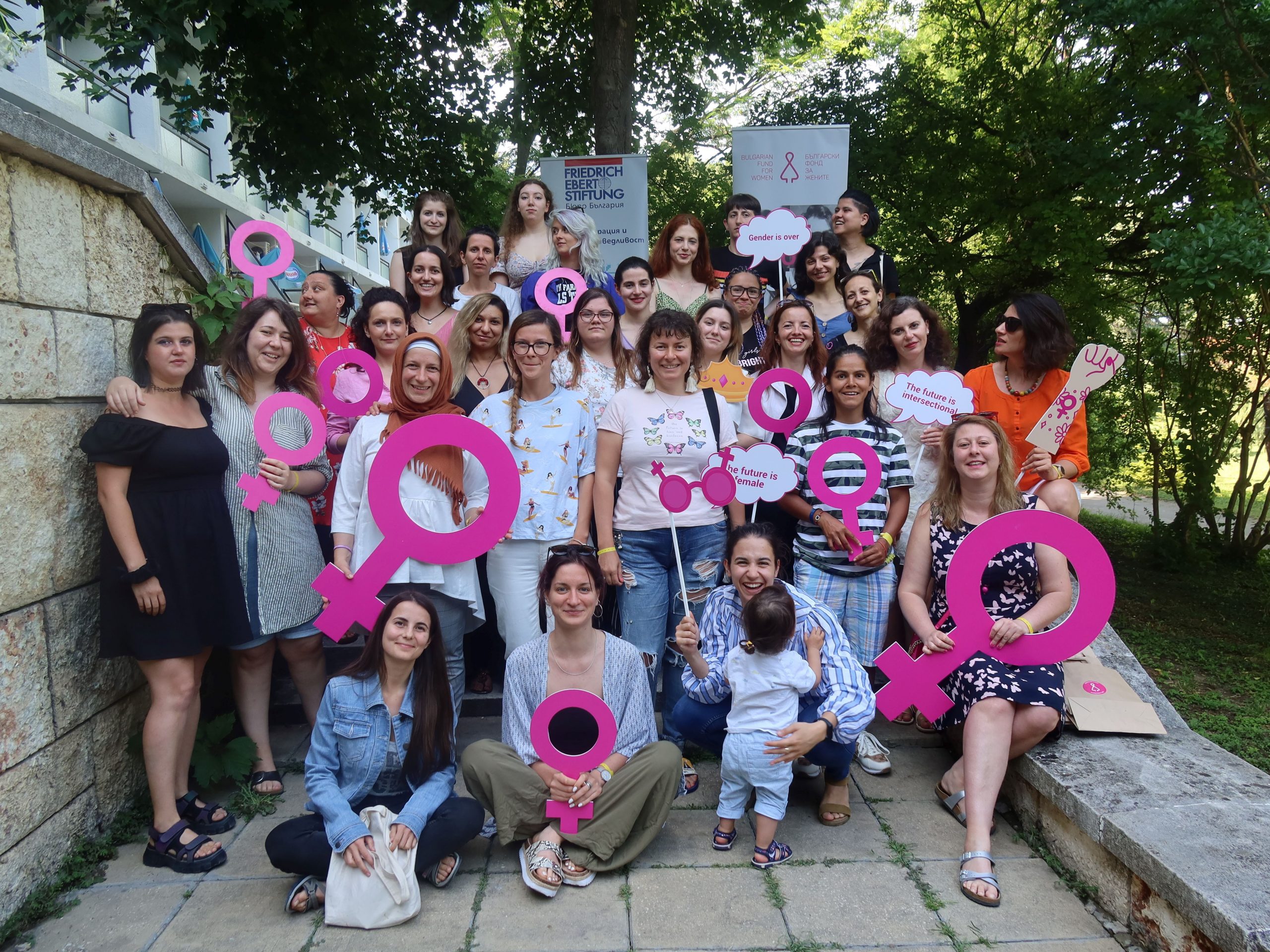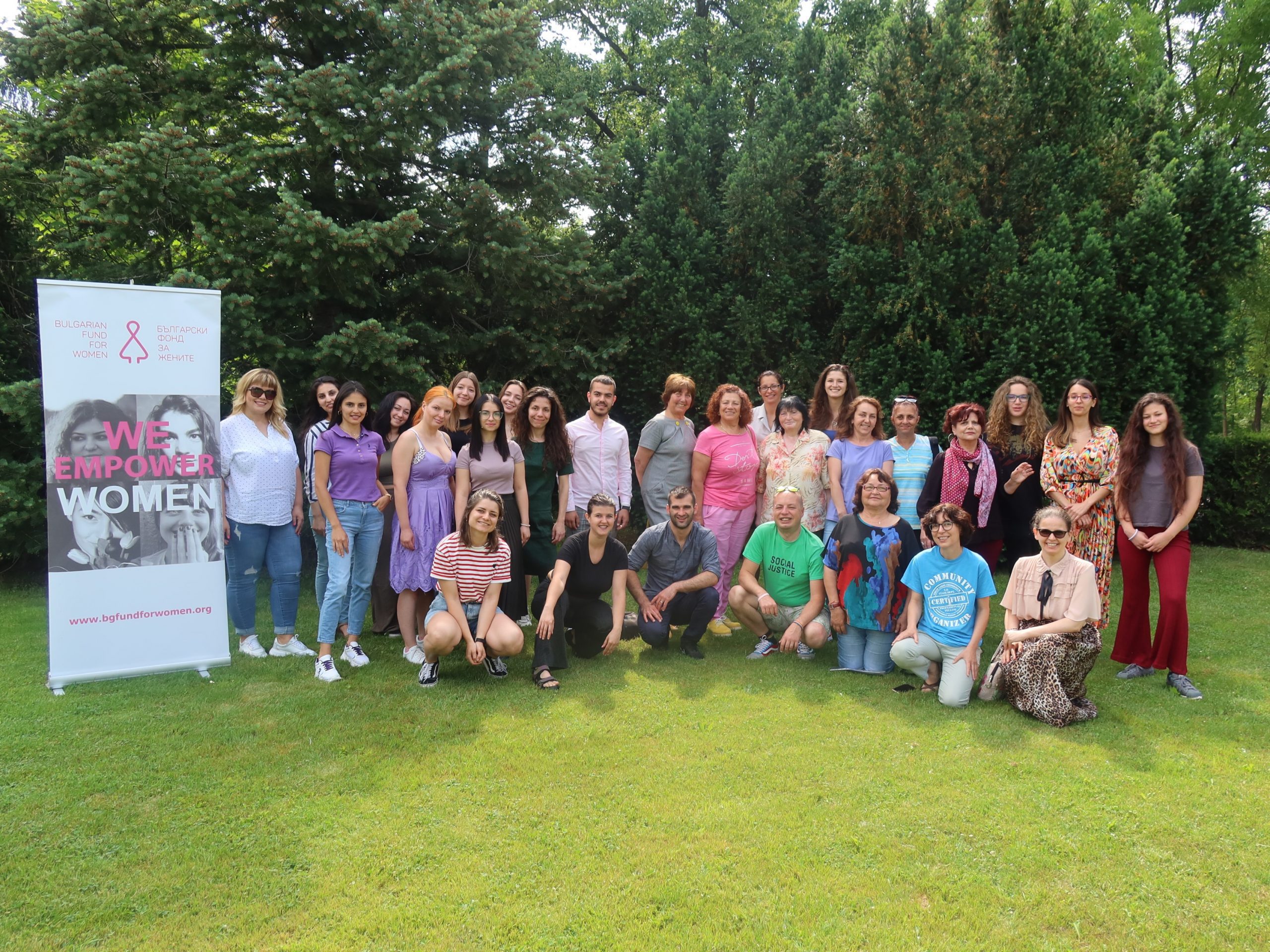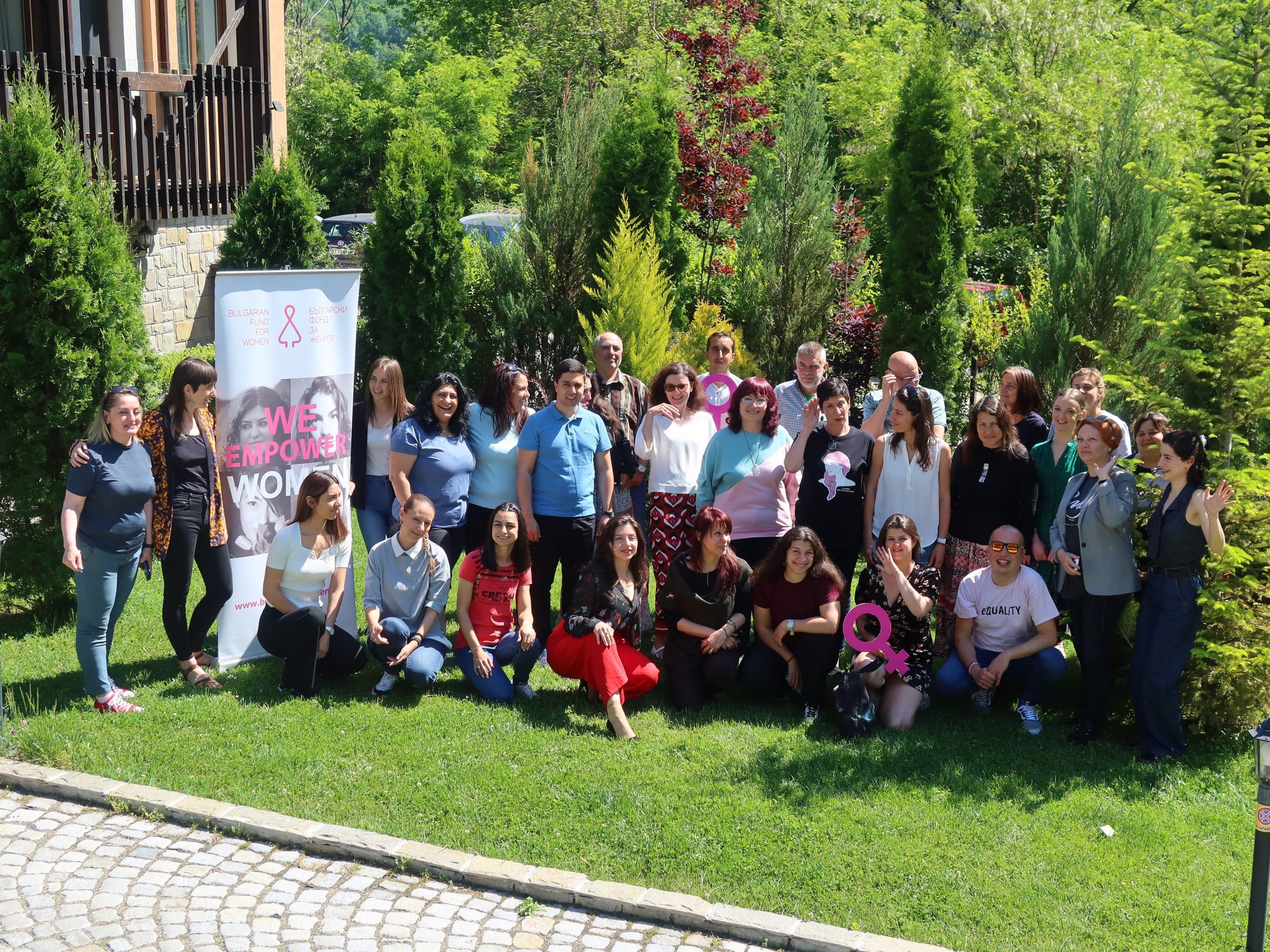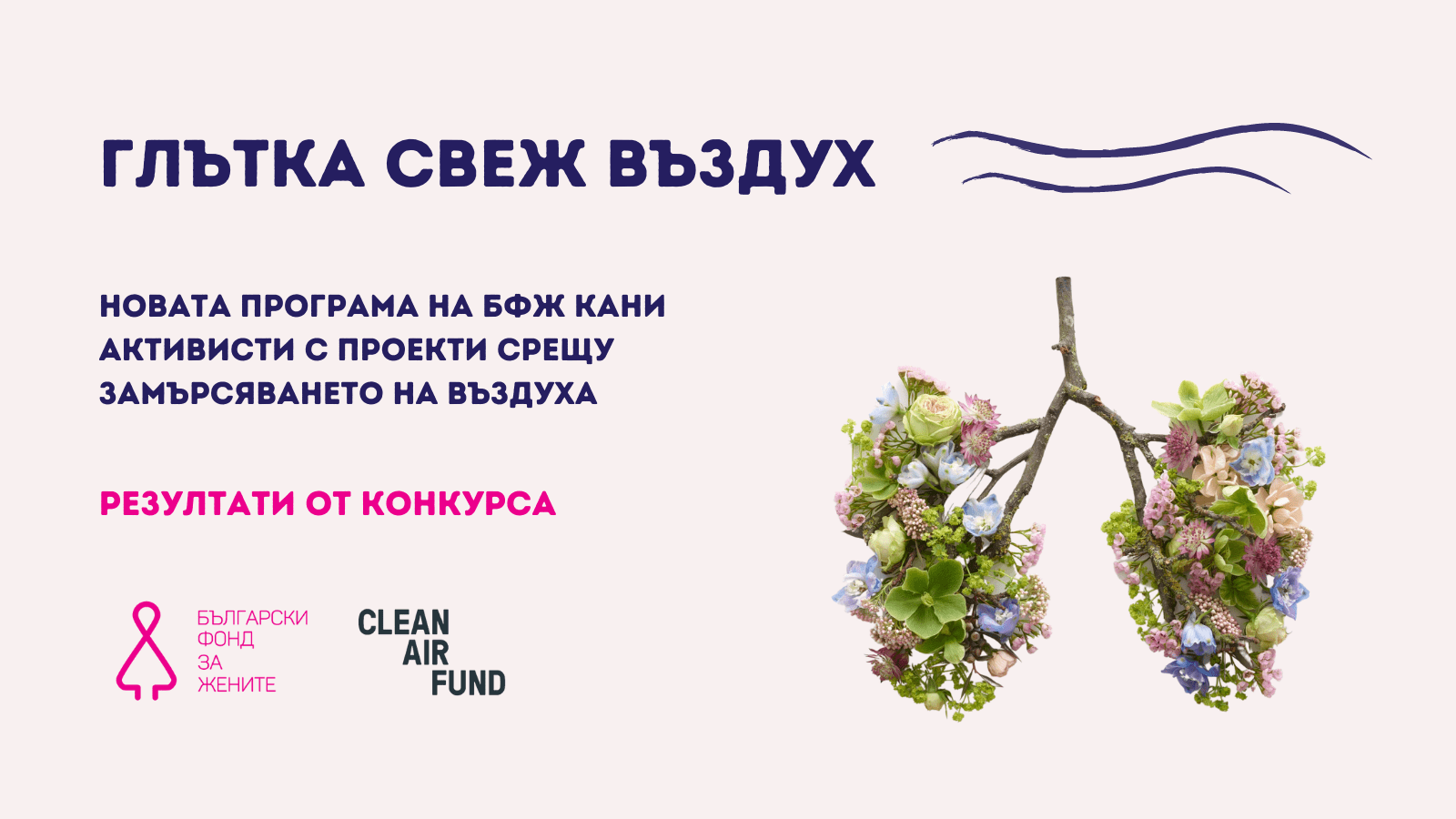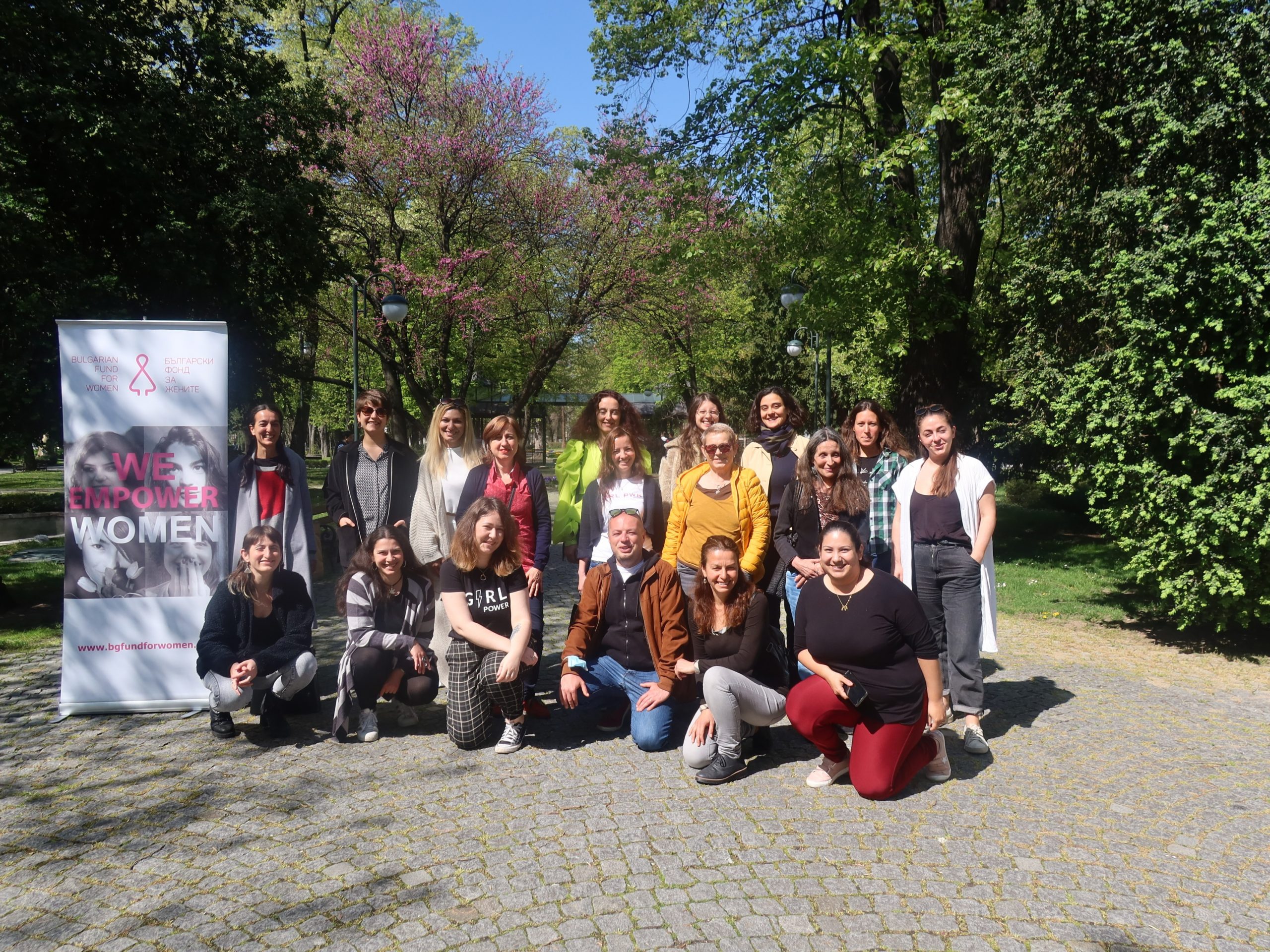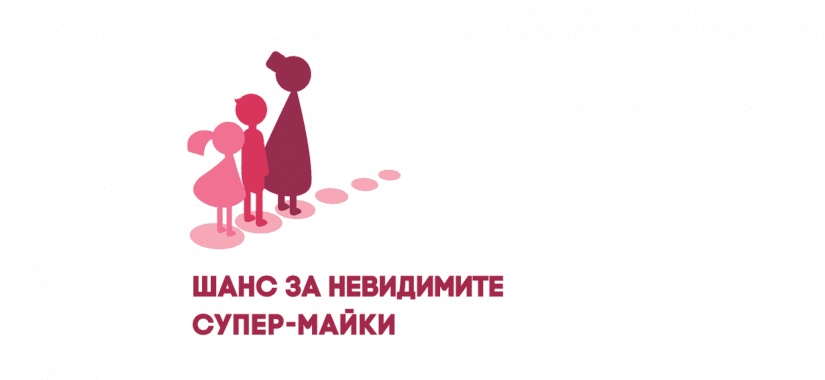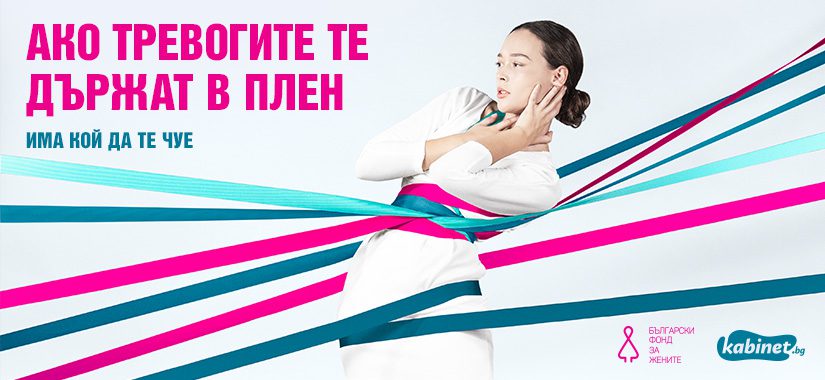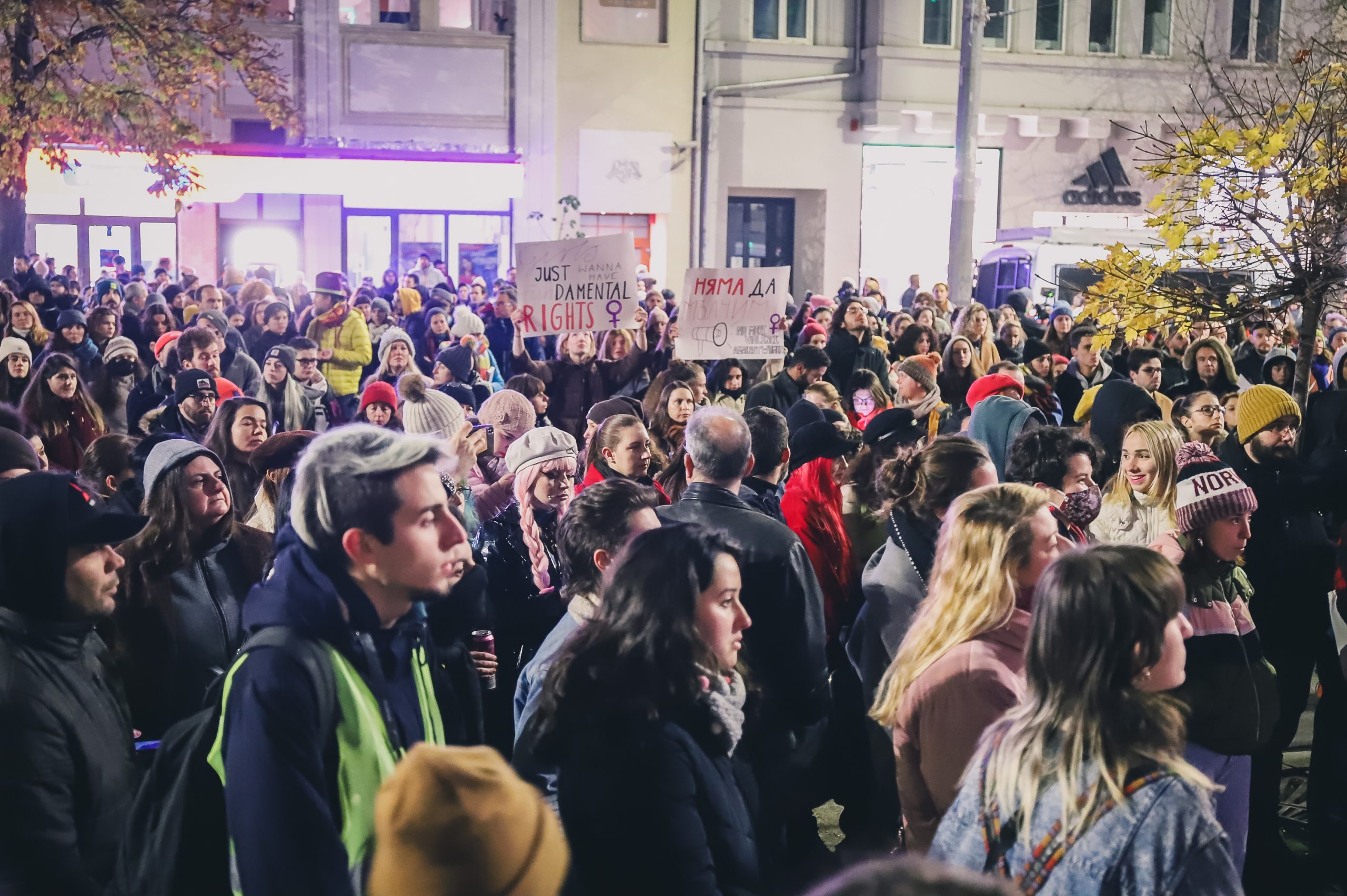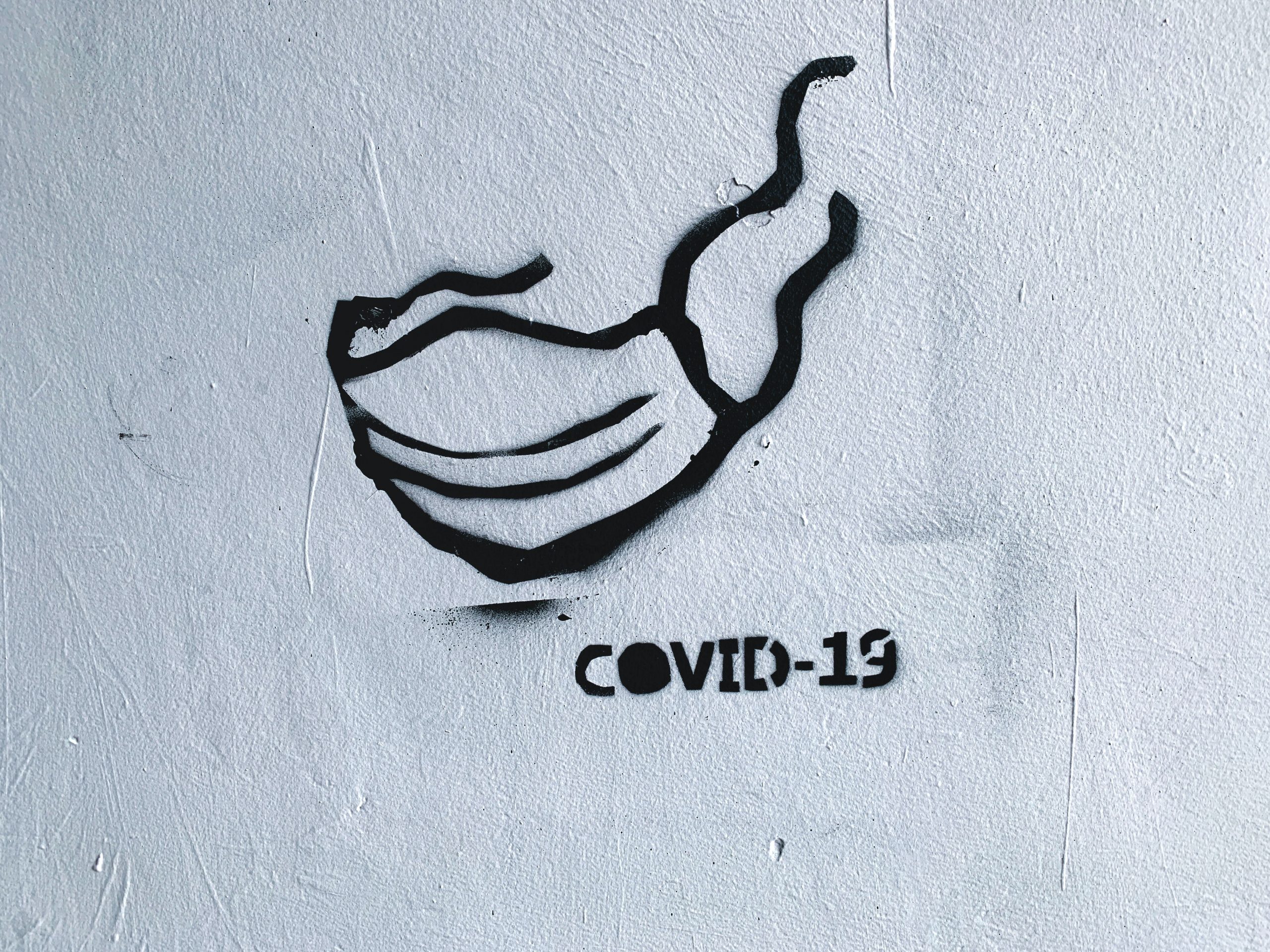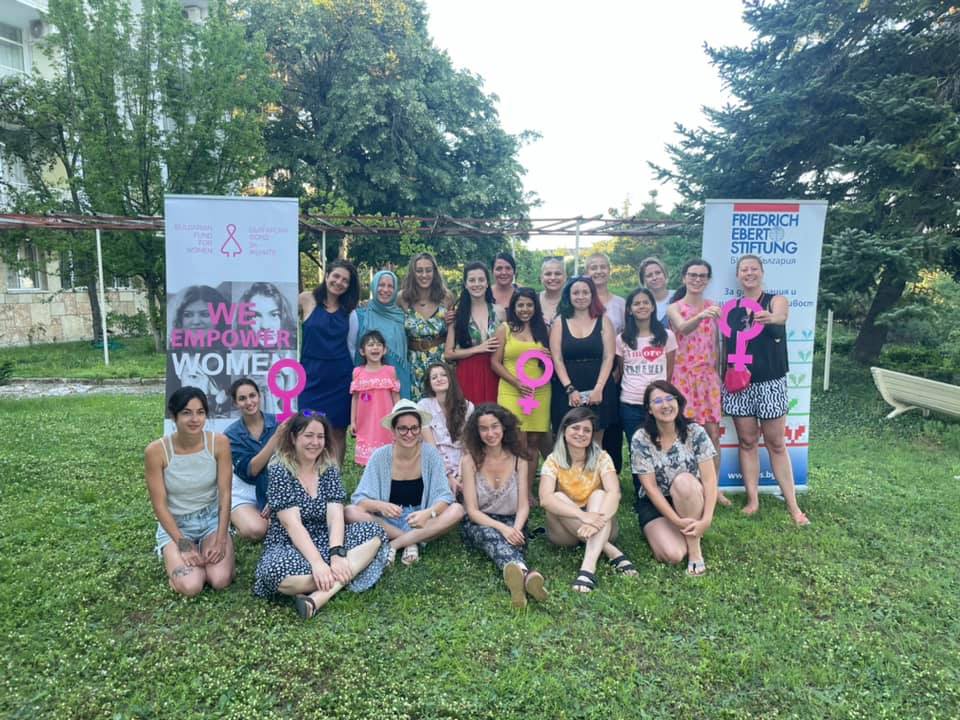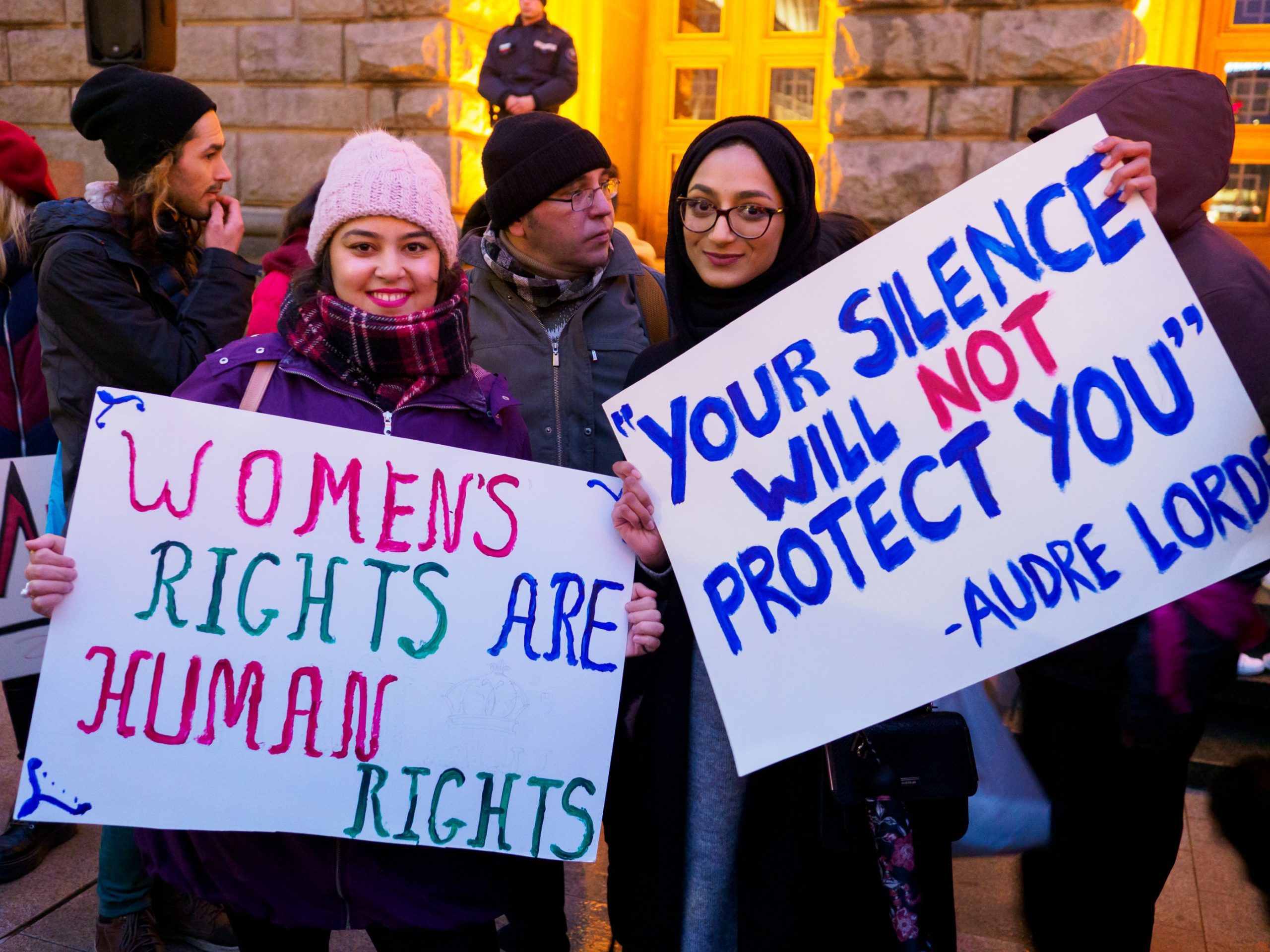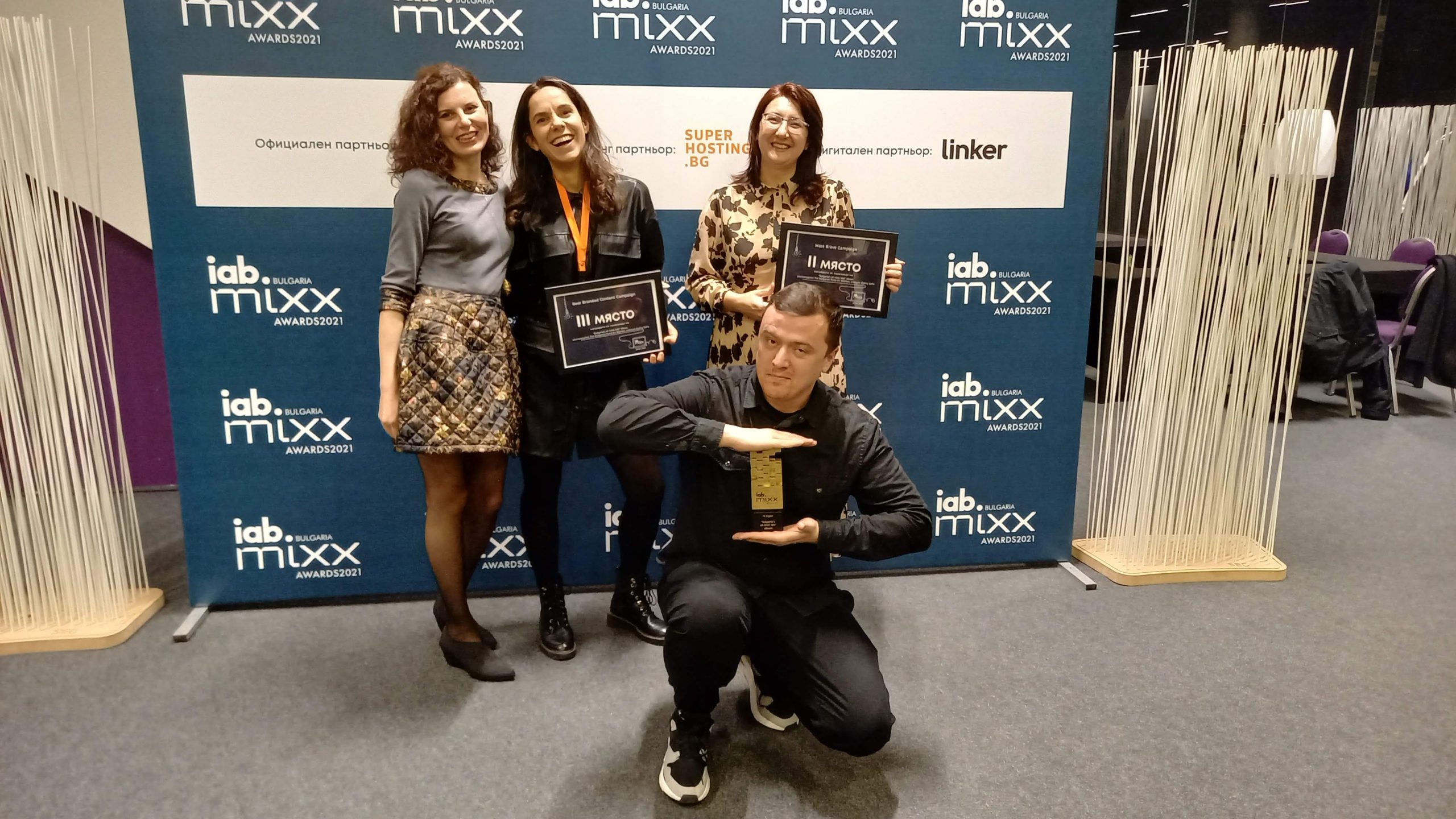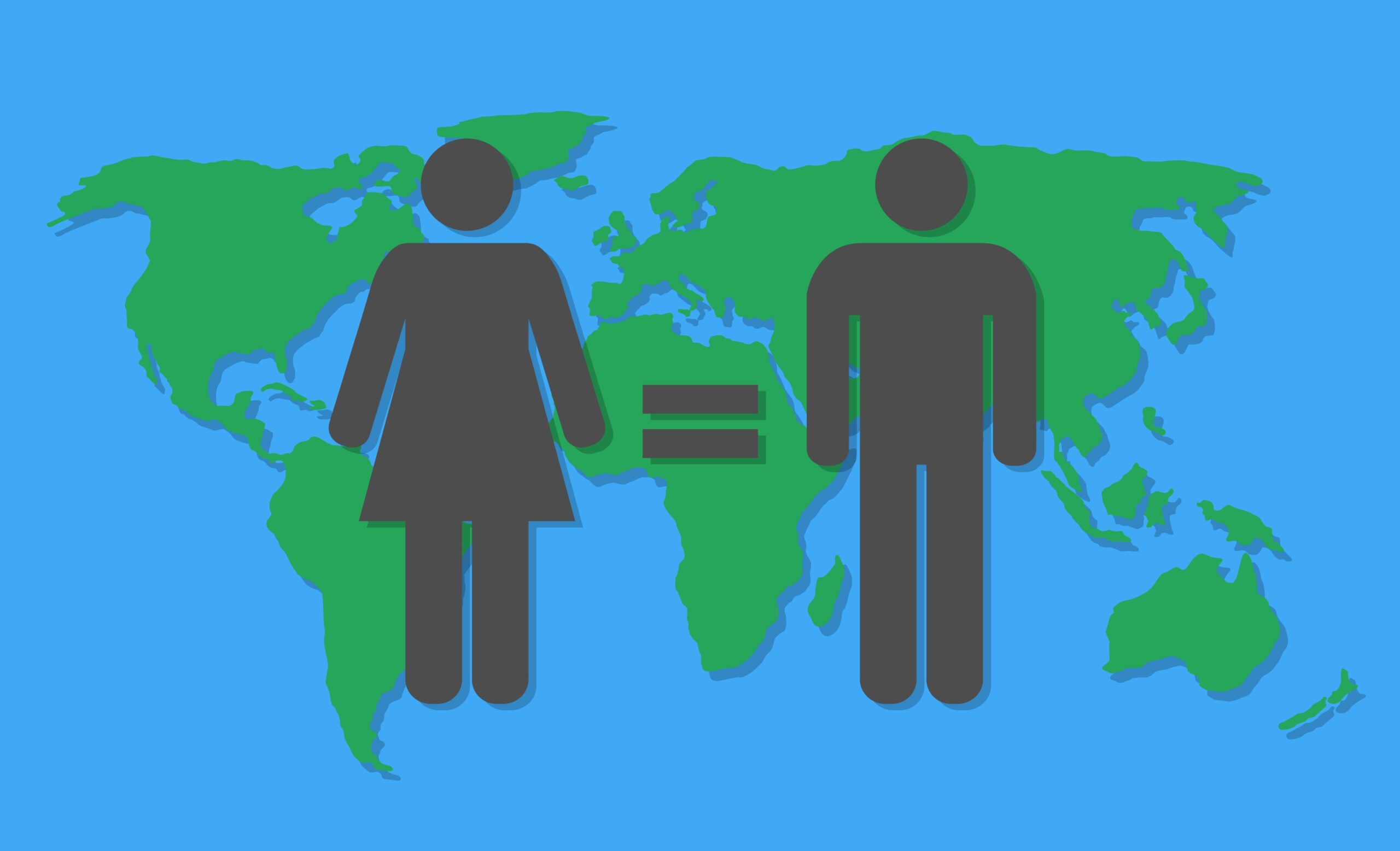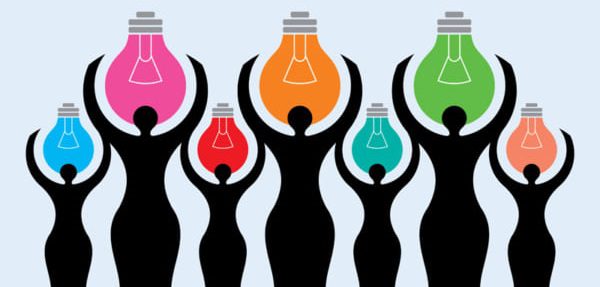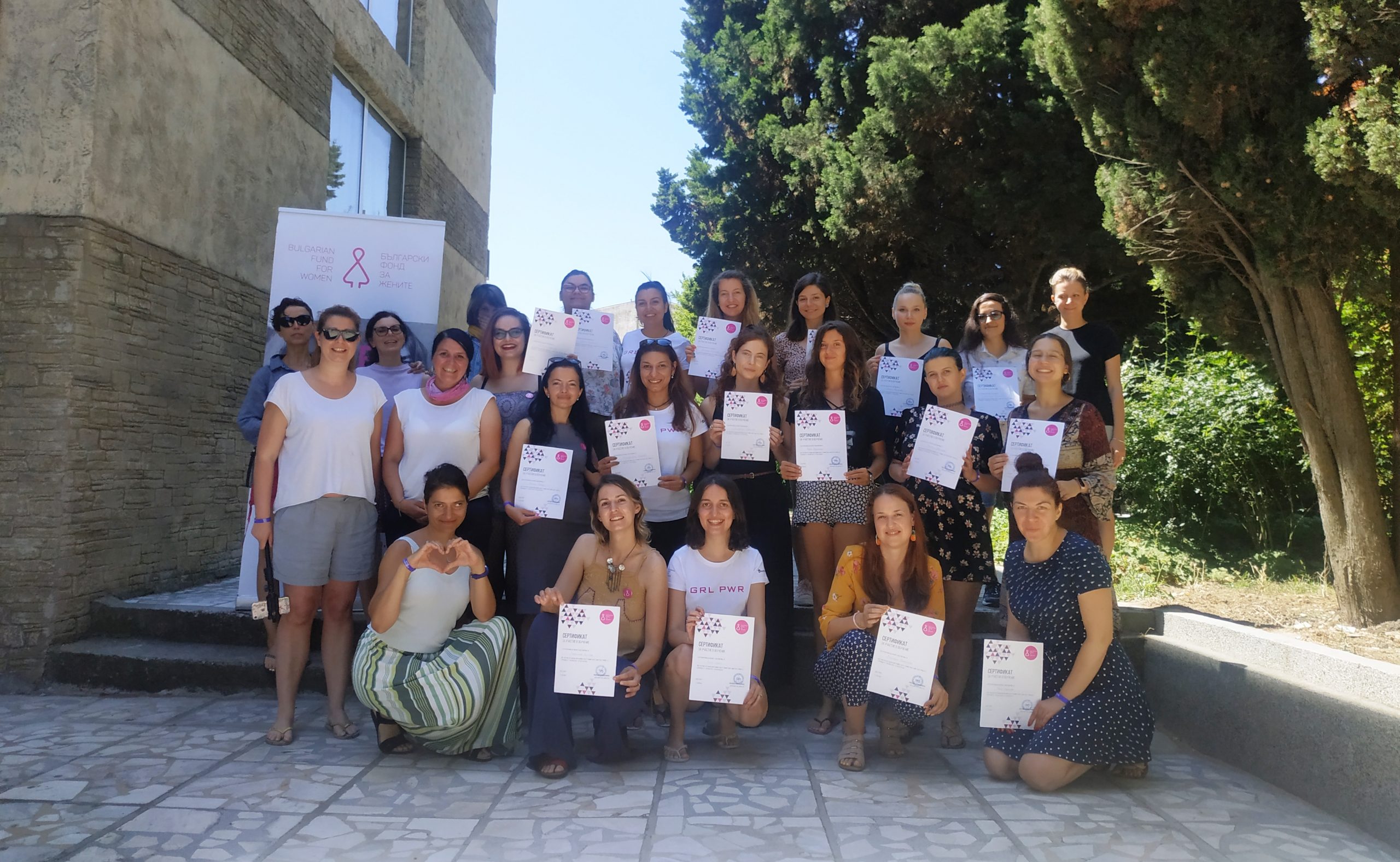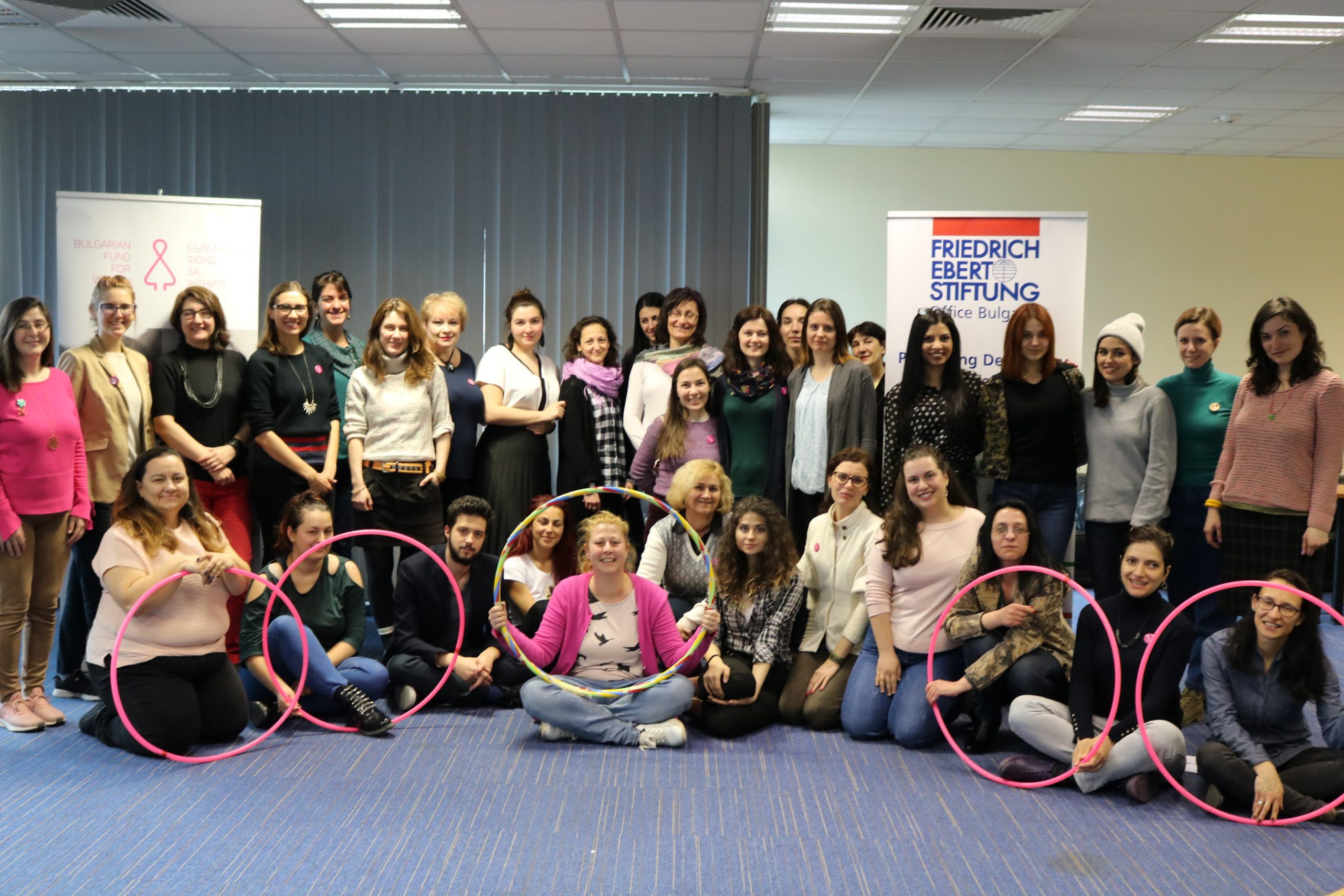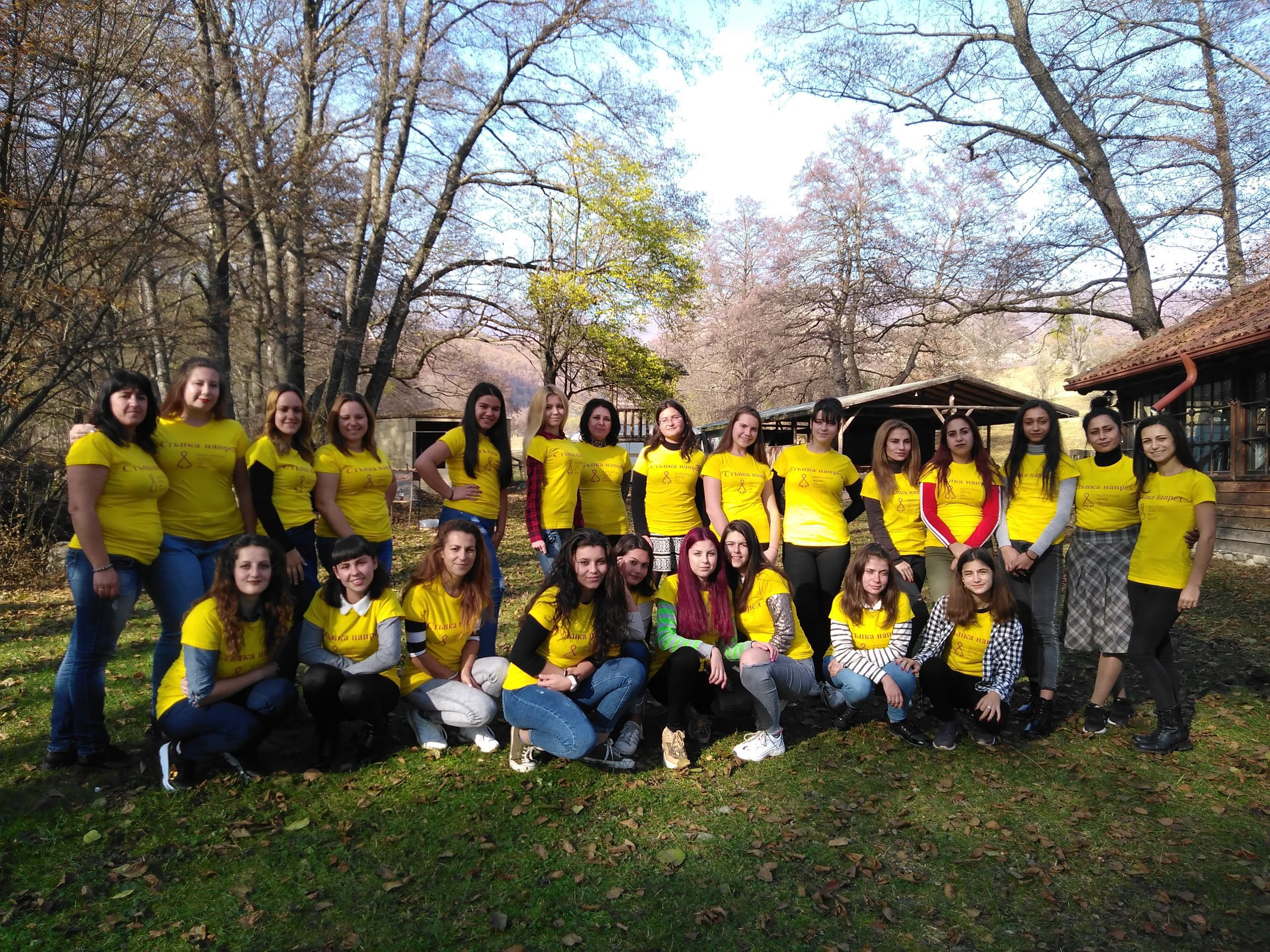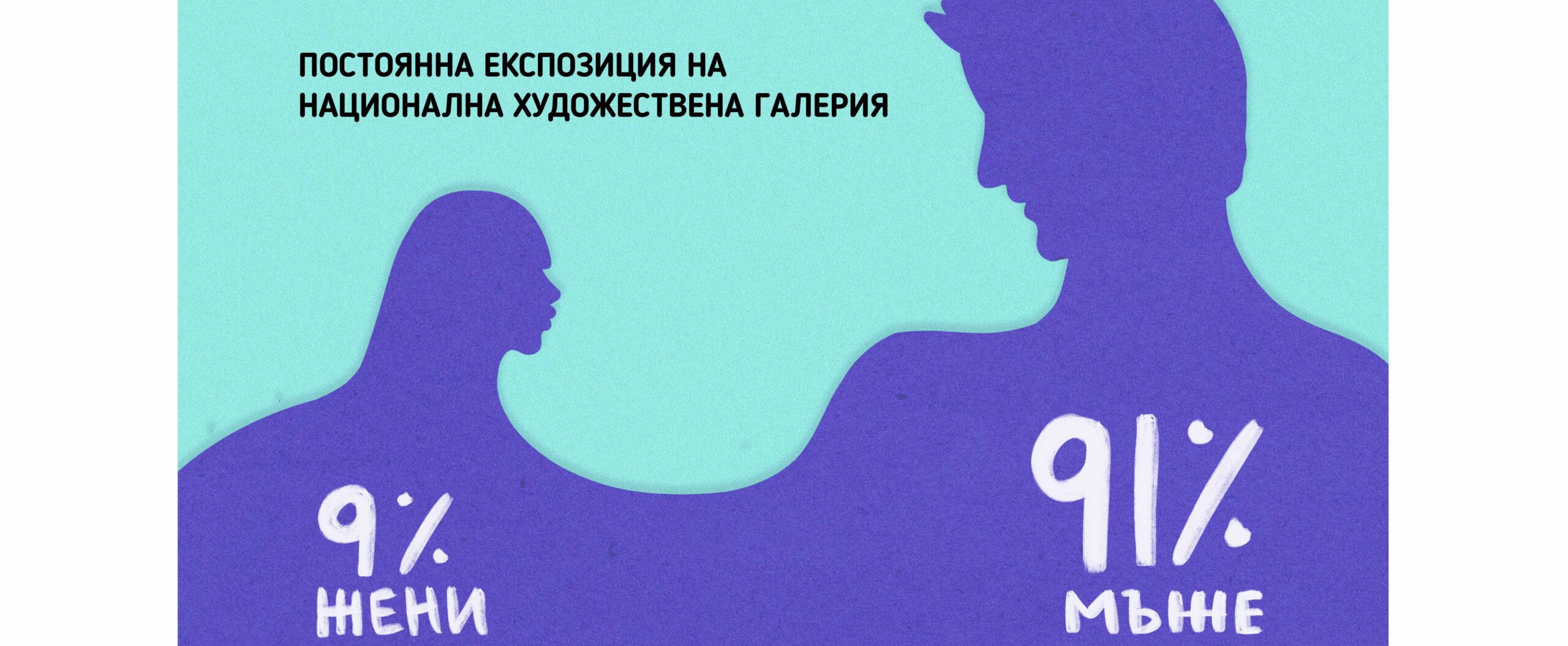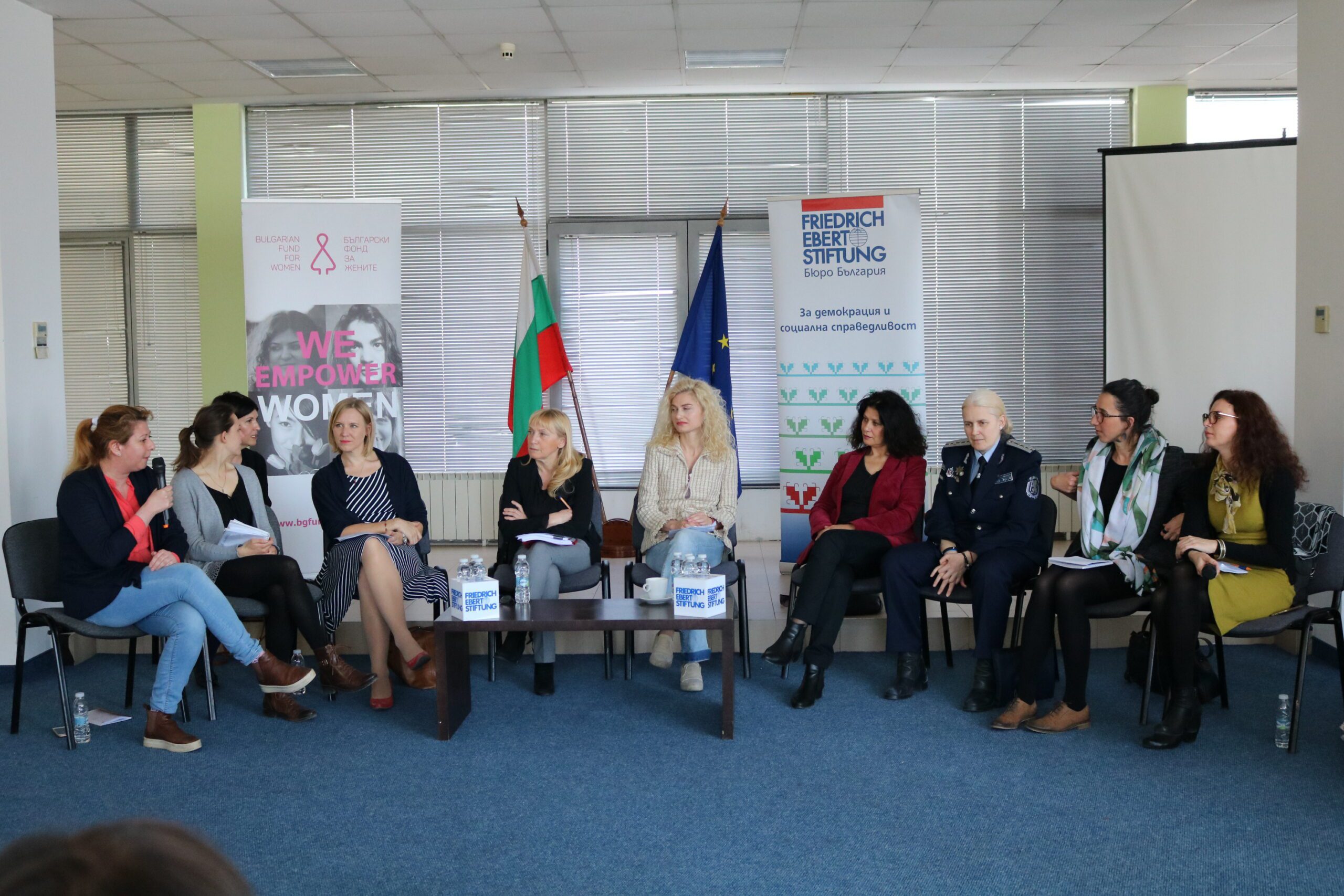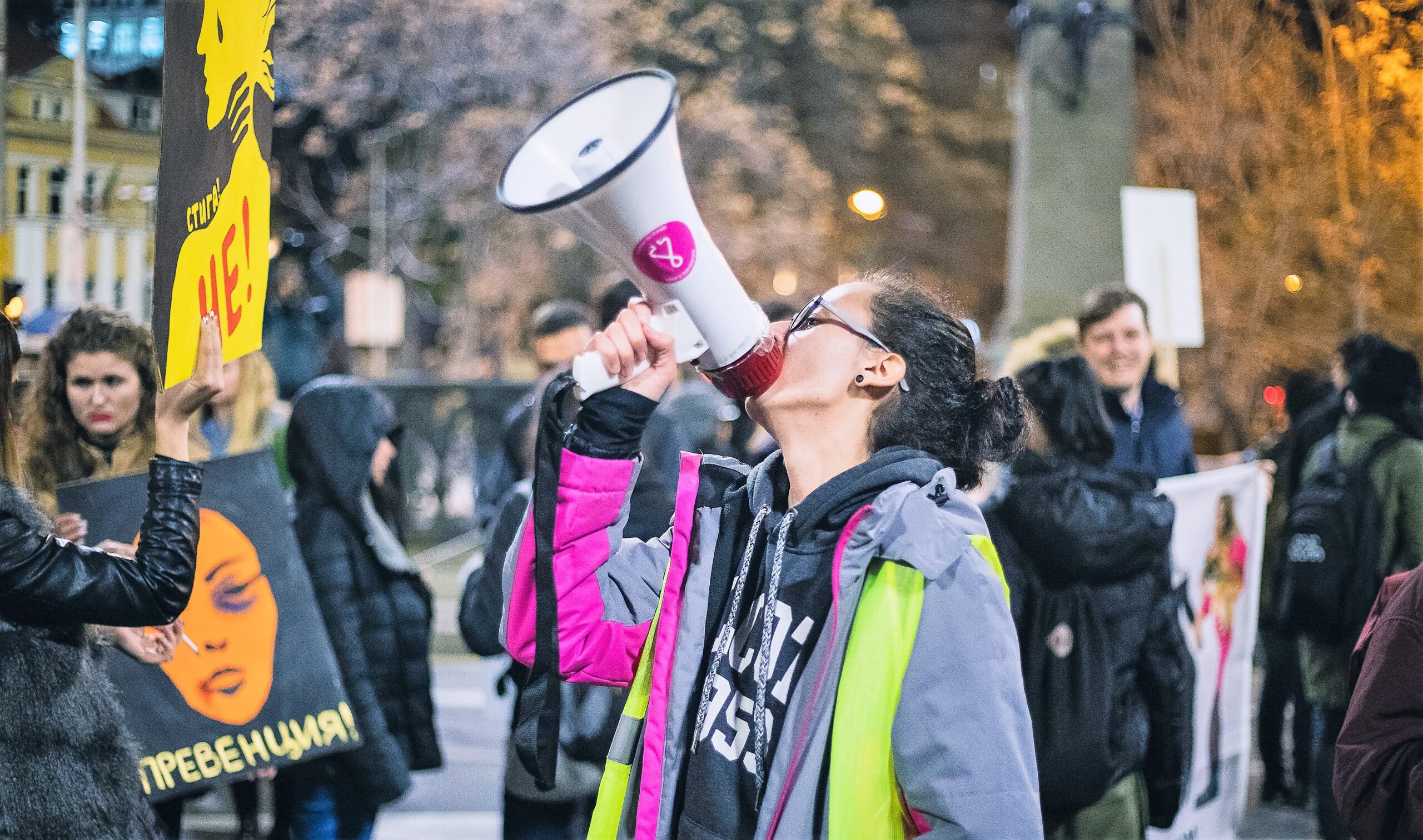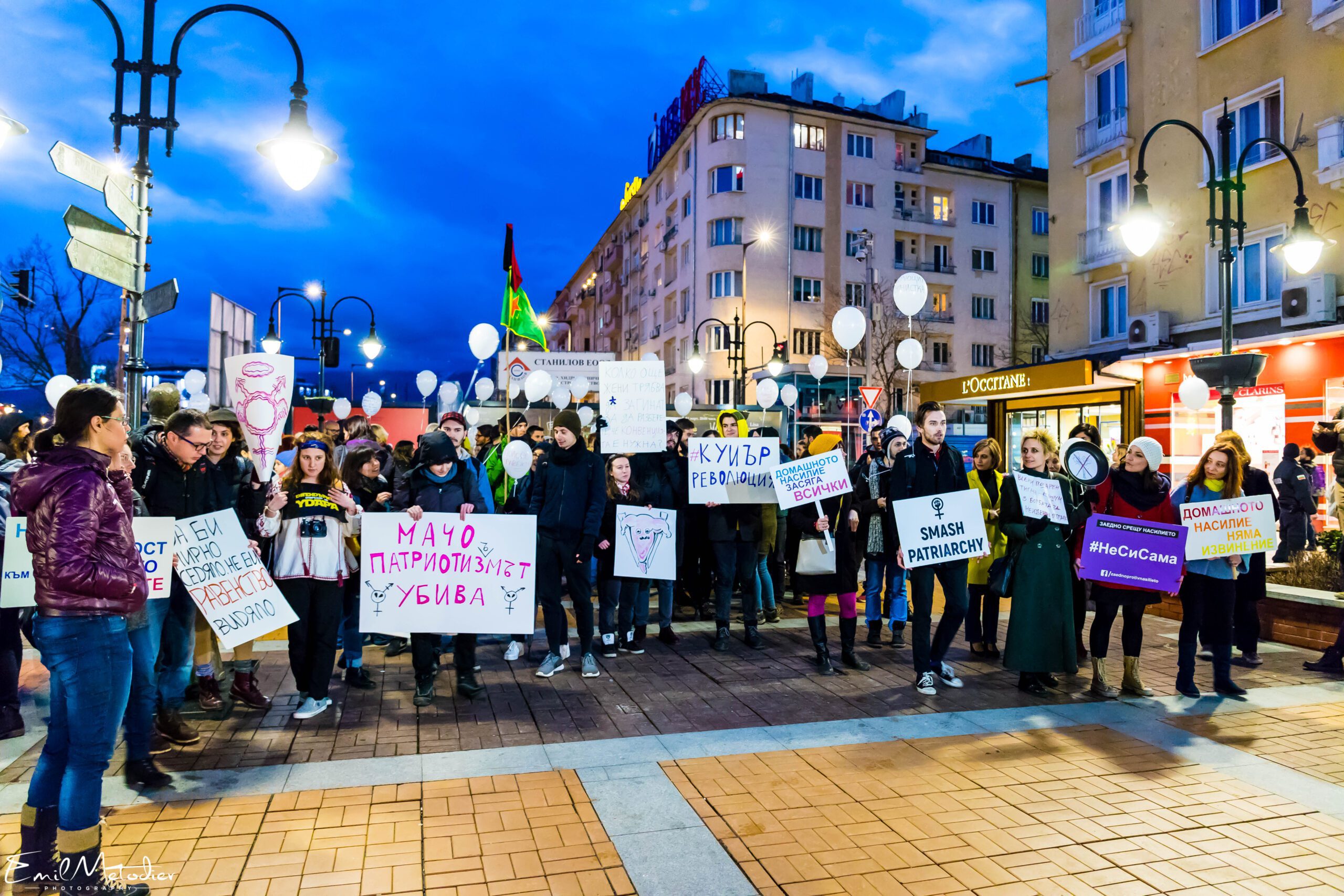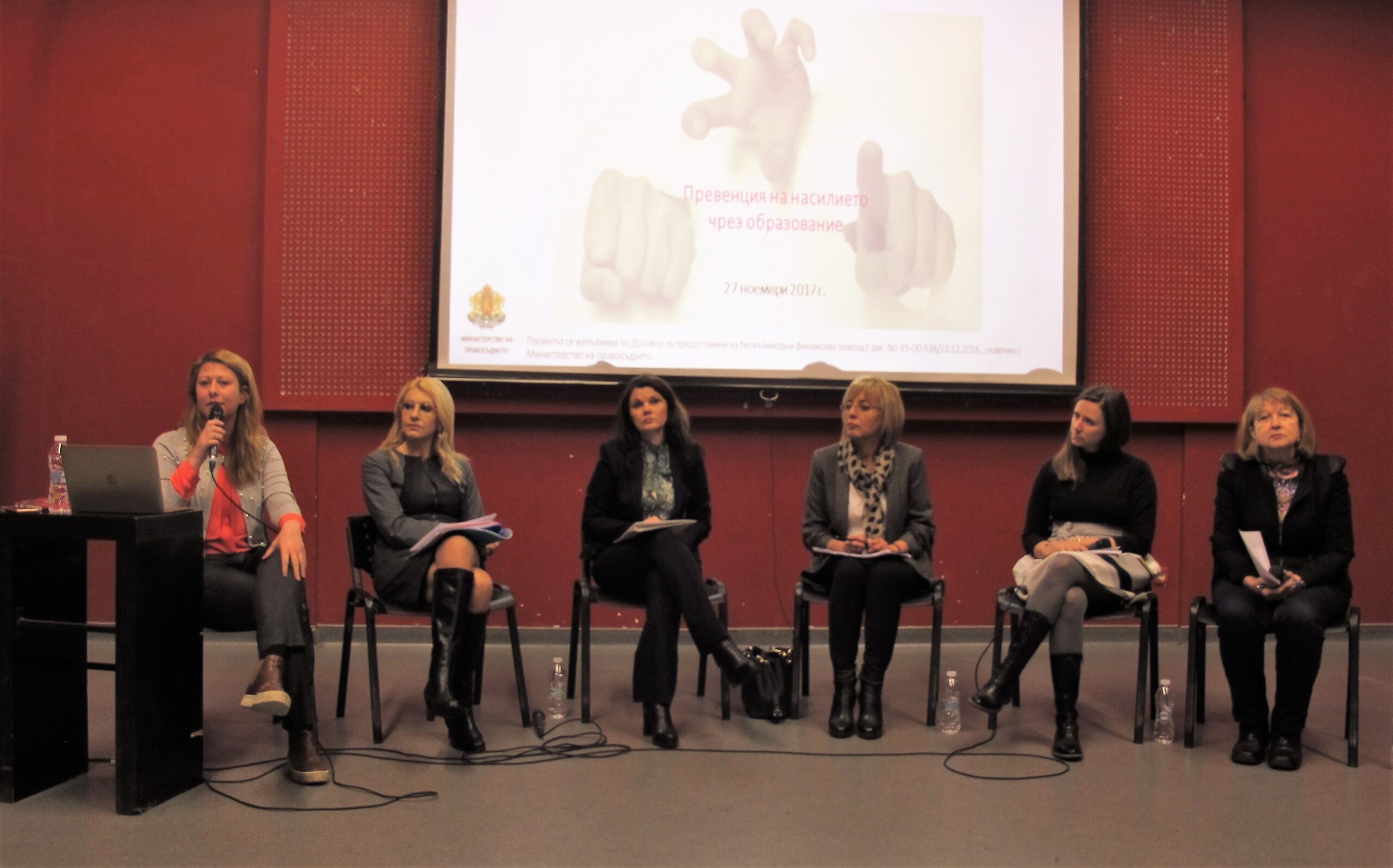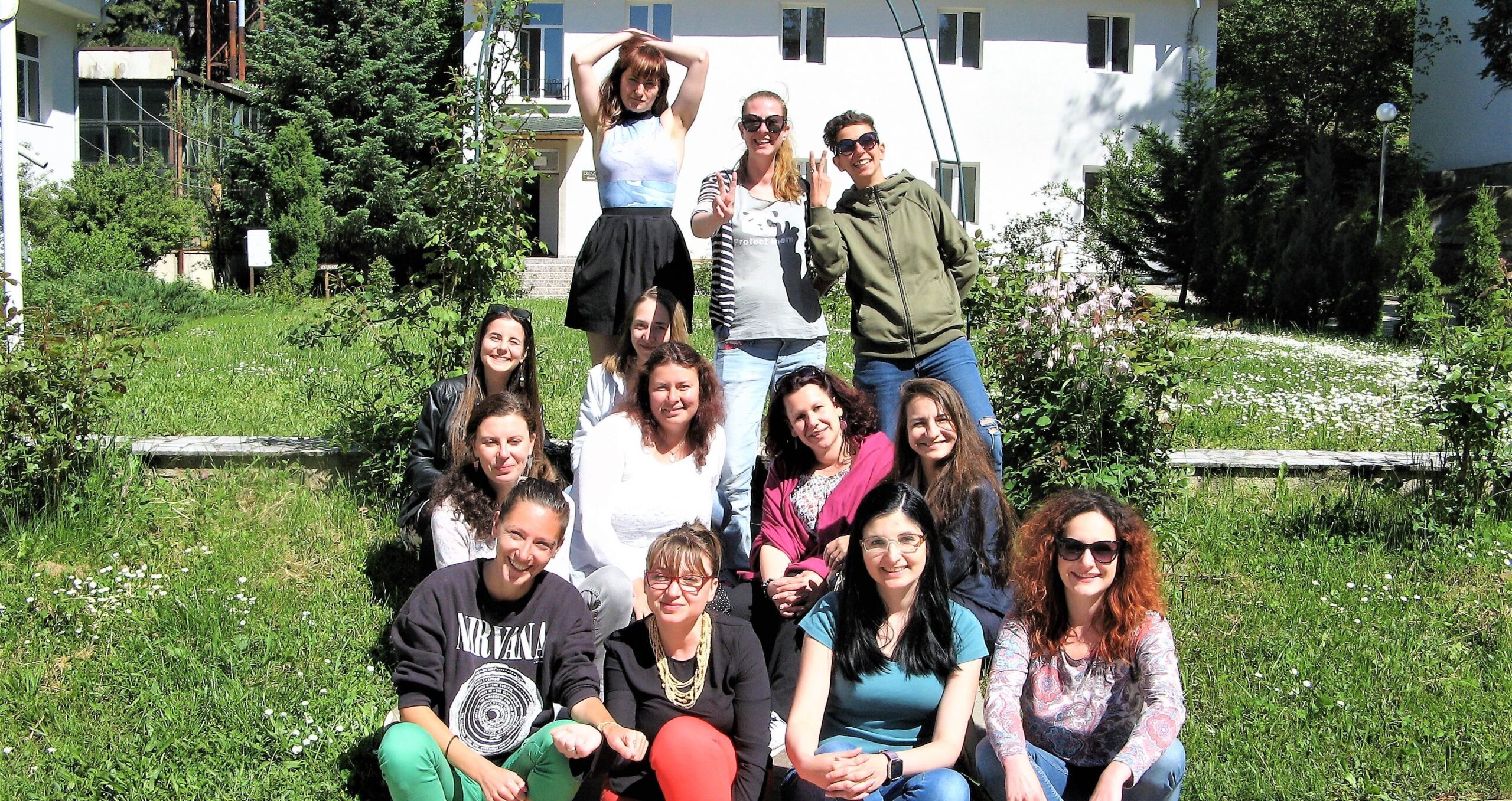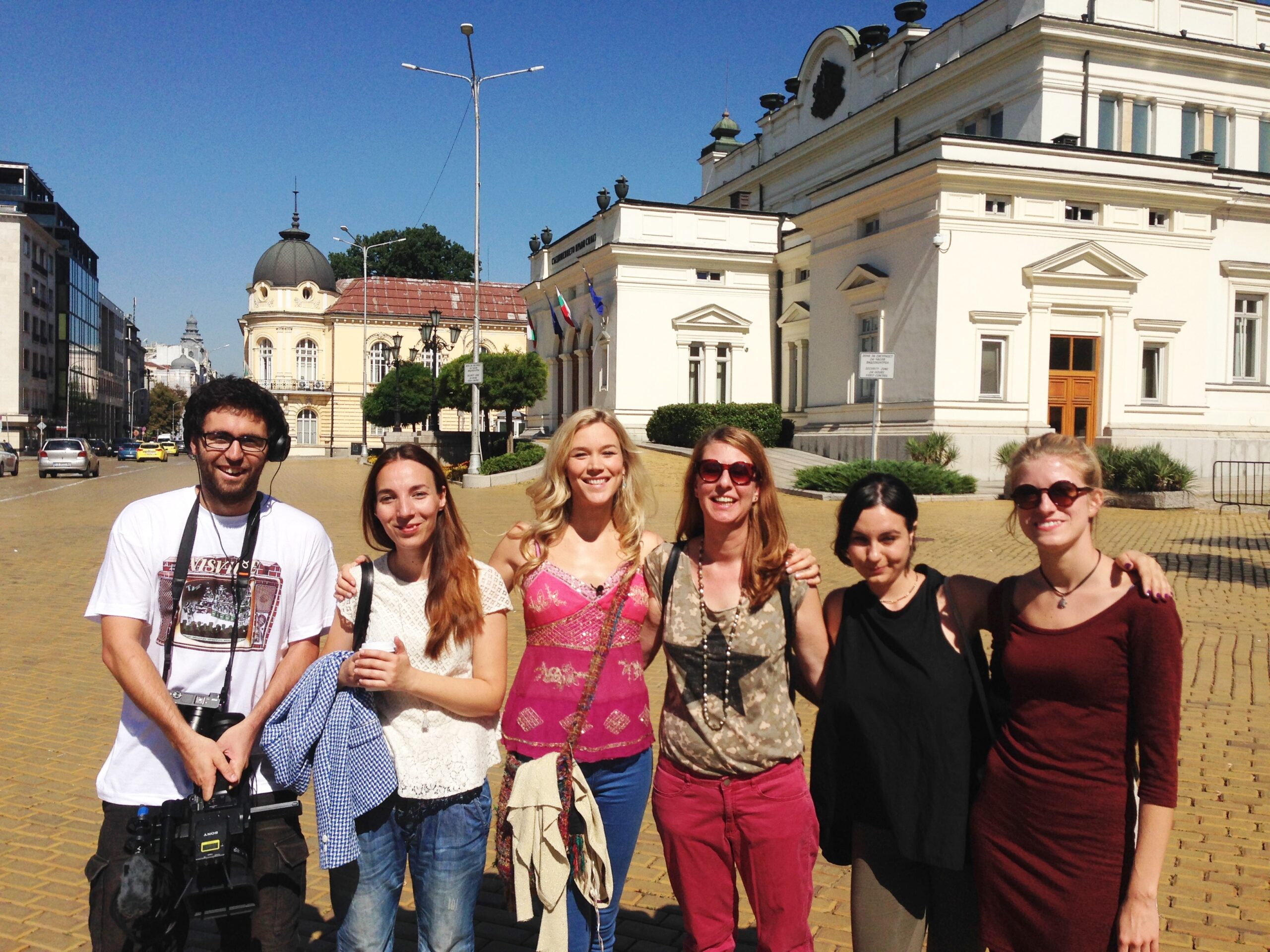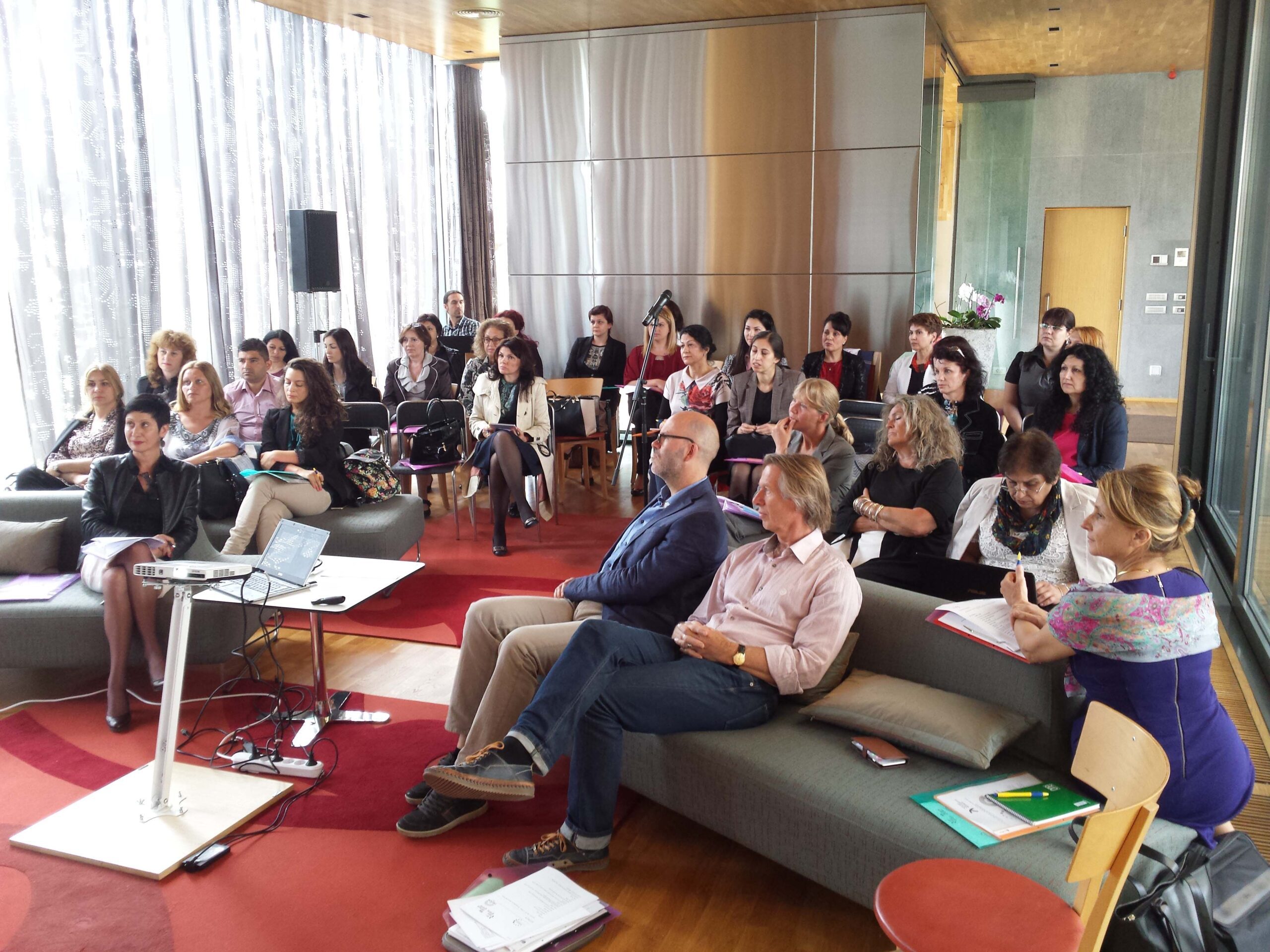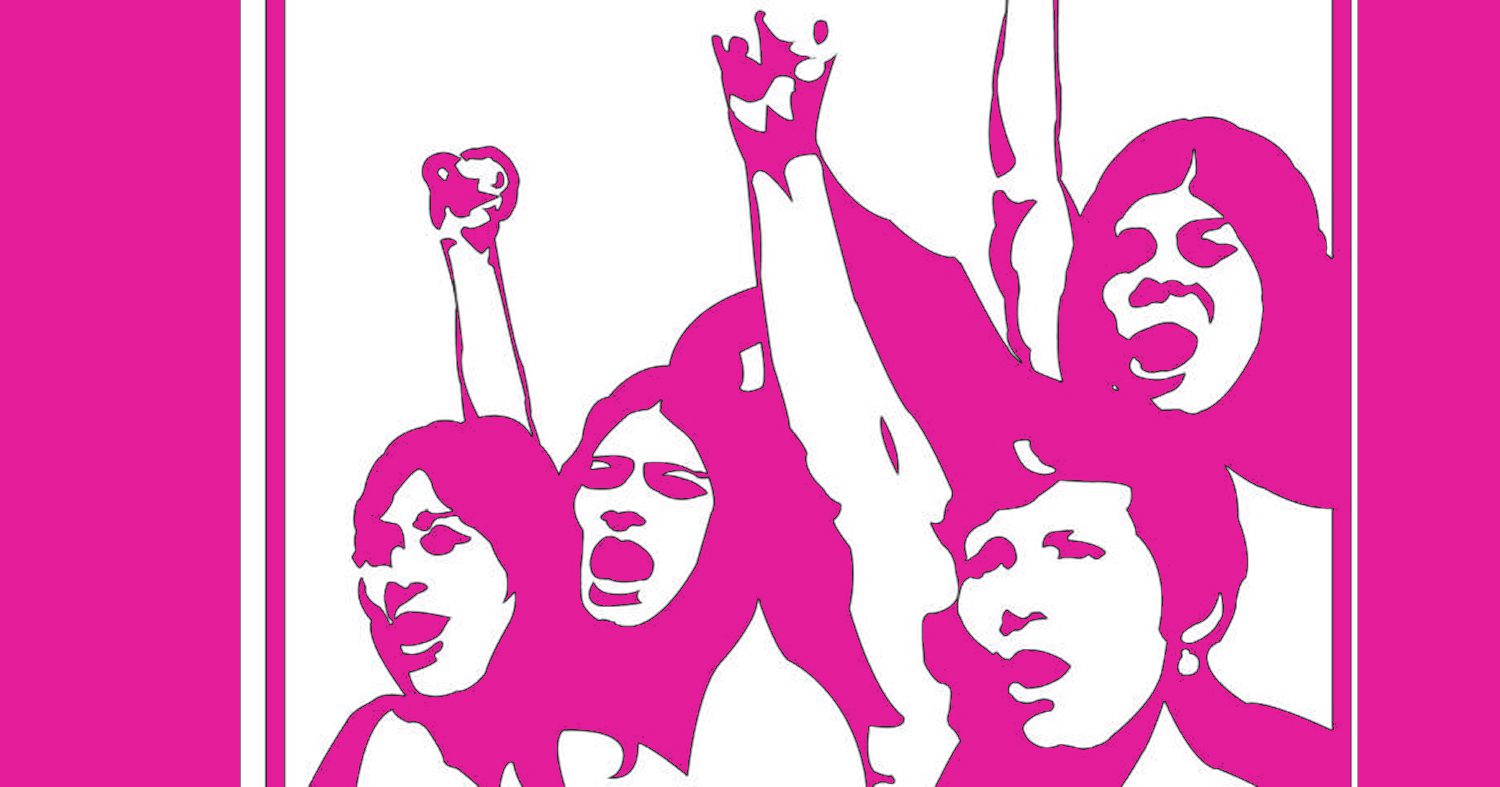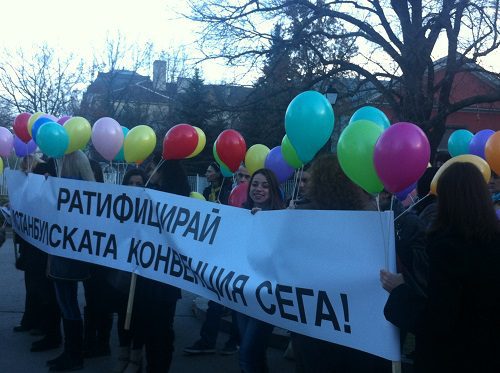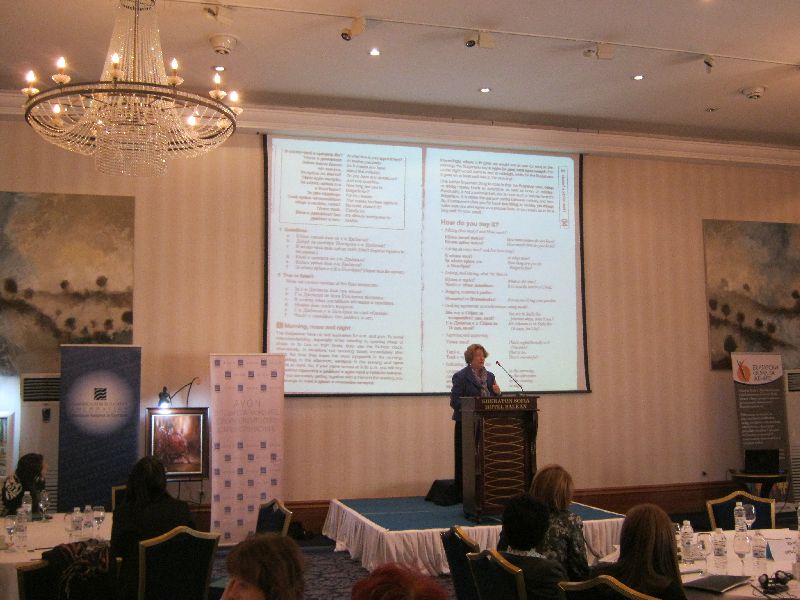On February 21, 2023, the Bulgarian Women’s Fund invited activists from several heavily polluted areas in the country and encouraged them to share about their campaigns and efforts to improve the environment in their settlements. All this happened within the hybrid webinar “A Breath of Fresh Air: Challenges for Women’s Activism and the Fight for Clean Air” which was attended by over 40 people live and online.
“Globally, air pollution is the fourth leading risk factor for deaths among females,” Dr Zornitsa Spasova, a chief assistant at the National Center for Public Health and Analyzes at the Ministry of Health, told the audience. She presented her study “Air Pollution and the Health of Women and Children” which explains why women are particularly affected by air pollution on a global scale. Moreover, women more often take responsibility for caring and housework activities. In addition, air pollution reduces fertility, increases miscarriages and is strongly associated with low birth weight, leading to lasting health consequences for children throughout their lives.
She also noted that Bulgaria remains the country with one of the worst air pollution problems in the EU and the world. At the same time, public awareness and support for concrete solutions are insufficient, especially in low-income, disadvantaged and rural communities.
Dr Spasova took part in the event together with the participants of the “A Breath of Fresh Air” Program which took off in 2021 with funding from the Clean Air Fund and was piloted as a capacity-building, awareness-raising and micro-granting scheme in one. The program was the first of its kind in the country which specifically partnered with women activists and organisations working at the intersection of women’s rights and air pollution, or interested in working at that intersection, who are based in several of the country’s most air polluted towns and villages.
The moderator of the event Aleh Stankova (BFW) shared with the audience a couple of photos from Bulgaria’s recent history depicting the start of women’s mass activism around air pollution in the country, which was initiated by 6 passionate women in the town of Ruse, bordering the Danube River and Romania on the other coast. Their names were Tsonka Bukurova, Dora Bobeva, Vyara Georgieva, Stefka Monova, Evgenia Zheleva, and Albena Velkova; and on February 10th, 1988, they organised the largest environmental protest in state socialist Bulgaria which was later dubbed “The Moms with Strollers” protest because the women who shared the experience of motherhood came out on the city’s central square with their children in prams.
The reason behind the action was the chlorine poisoning from the nearby Verachim chemical plant located on the opposite bank of the Danube in the Romanian town of Gyurgevo, which had been poisoning Ruse’s residents for about six years, leading to serious respiratory issues for children.
Around 2000-3000 people gathered in the square and the procession was led by mothers with strollers and the demonstrators stopped in front of the Communist Party’s headquarters and demanded an explanation, chanting “Give us clean air”, “Chlorine – no!”, “Stop the plant”, “Life for the children of Ruse”, “Is Ruse a doomed city?” Mass actions like these were unheard of at the time, as any political activity had to be state-sanctioned, and the women came out on the streets despite the great risk of repercussions and state violence. This was the first of its kind during those years and the topic was taboo for the media – footage of those protests only came out after 1989. The factory in Gyurgevo closed its doors in 1991.
So this was a key point for women’s mass activism as a whole in Bulgaria, which was of course very present during state socialist times as well but was perhaps practised mainly at a higher institutional level or by the bourgeoisie, and not as common among ordinary residents who were not professionals, not involved with party politics.
Today, a representative of this struggle is Vanya Zaharieva, Chairman of the Board of Directors of the “Breathe, Devnya” Association who shared about the challenges of mobilising communities at a local level – in the town of Devnya where she is from.
In recent years, Devnya has been a preferred place for burning and storing waste. Two companies on the territory of the municipality burn refuse-derived fuel waste. In addition, the only company in the country that can burn pesticides is located in Devnya, while medical waste can only be incinerated in two places in Bulgaria and one of them is the incinerator in Devnya. They call Devnya “The Valley of Great Chemistry”, but in the 1970s, Devnya acquired the unofficial name “The Valley of Slow Death”. At the beginning of 2020, seven women established the association “Breathe, Devnya”.
Although they have achieved a lot, Vanya shared that cooperation with the local government is extremely difficult. “Partnering with the municipality means they just don’t get in our way,” she said. Despite all the difficulties, however, there is room for hope. For Vanya, it largely comes from the national association “Breathe, Bulgaria”, in which she participates with other environmental organizations from Sofia, Plovdiv, Varna, Veliko Tarnovo, Blagoevgrad, Pernik, Dimitrovgrad, Pavlikeni, Suhindol and Devnya, united in the fight for cleaner air.
“Our word is ‘together.’ If we divide, our causes are doomed. When we are together, we are strong. We are a group of like-minded people who give each other emotional and moral support in those very immoral and unethical times. We’ve only just started, you don’t know what we’re capable of,” shared Vanya, noting that the community is open and welcoming to new like-minded people working on the cause of cleaner air.
Roman Rachkov, an inventor, agronomist and long-time activist from the town of Veliko Tarnovo, is also part of the “Breathe, Bulgaria” association. He decided to create a “Network Citizen System for Sensory Control of Air Pollution with Nitrogen Dioxide (NO2)”, training female activists from 9 localities in the country, members of the “Breathe Bulgaria” network, in installing mobile mini stations for measuring nitrogen dioxide. The software and hardware developed for these stations are open source, shared for free use by anyone interested and can be replicated in other settlements.
Nurten Dzevjetova, nurse, health mediator and member of the “Hayachi” Association, shared about the peculiarities of working with vulnerable communities in the city of Novi Pazar. She told about the green classroom, which they created with the help of volunteers and the support of the BFZ in the Roma quarter “Druzhba”. This is also the first step that helps them, although it is not obvious at the beginning, to start cooperating more successfully with the local authority. The green study hall becomes a meeting place and exchange of civic energy and ideas, which brings together many volunteers. With joint efforts and with the support of the Municipal Council, they cleared about 20 tons of garbage, managed to ensure the regulation of the area and partial paving of the streets, separate collection, etc.
“While these accomplishments revealed the resourcefulness and perseverance of local activists, they also underscored the extraordinary costs of leading initial mobilization – time, effort, and even threats to personal security. Sustaining engagement, even within communities that understand the stakes and appreciate their collective power, requires regular re-exposure (and is possibly a full-time job). It is also quite another task to translate these legitimate grievances into concrete advocacy efforts, and hopefully – into public policies. It would be unreasonable to expect activists to shoulder these responsibilities alone – without a basic safety net and more long-term commitments from donors. This is why we doubt that, while helpful, project-based funding would be sufficient to bolster a national movement that is still in its infancy, albeit wide-ranging and promising, concluded Zara Rancheva, Monitoring, Evaluation and Learning Specialist at the Bulgarian Fund for Women.
Current trends in philanthropy suggest that alternatives are feasible. The latter would also allow grantmaking organizations and grassroots to collaborate more extensively and jointly evaluate different interventions over greater periods of time. Considering that clean air activism is still so niche in Bulgaria and elsewhere, these efforts towards collective learning could have tremendous benefits.
More flexible, long-term support for this particular cause is so promising though, because the air we breathe truly is a common denominator. If activists feel confident to risk reaching out to new groups and partaking in unlikely alliances and collaborations, even if ultimately unsuccessful, they could conceive radically new intersectional approaches. And it is those approaches that help social movements flourish and transform oppressive systems.

